Resources
Knowing what a healthy relationship is and how to help those in need can be tricky. But our resources and support can help make it a little easier.


Parent Resources
As parents, you play a critical role in helping your child develop healthy relationships and support their growth, development and decision-making. Our expert team has prepared a series of resources to keep you informed and up-to-date on a variety of topics – including healthy relationships, dating, bullying, and more!

Parent Packets and Family Activities
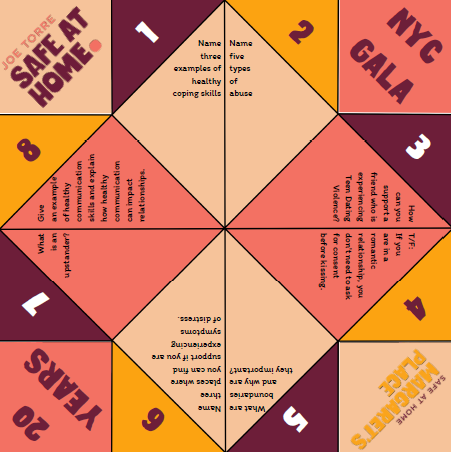 Fortune Teller Trivia Activity
Fortune Teller Trivia Activity
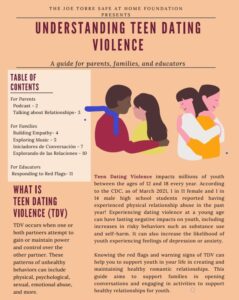 Understanding TDV
Understanding TDV
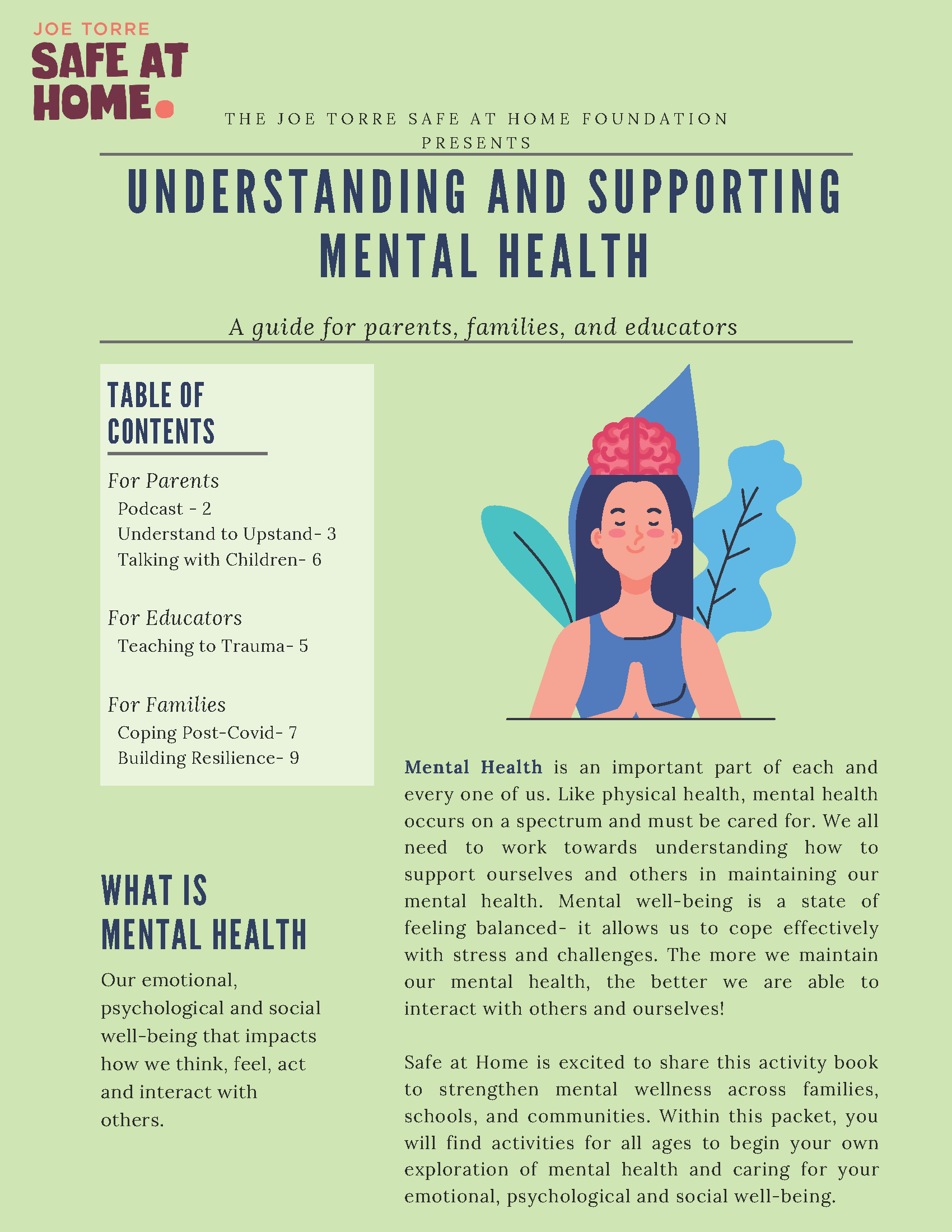 Understanding Mental Health
Understanding Mental Health
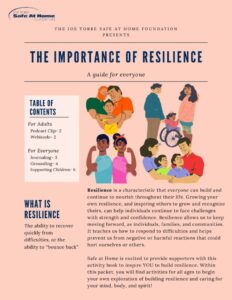 The Importance of Resilience
The Importance of Resilience
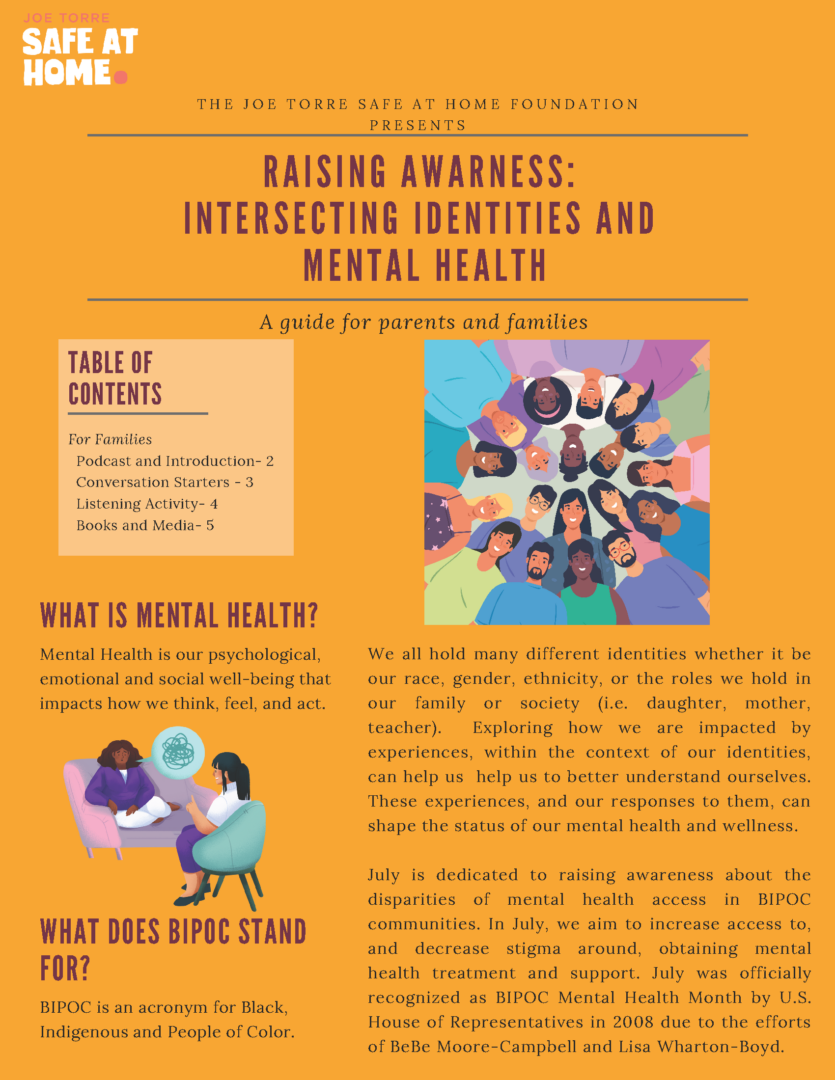 BIPOC Mental Health Awareness
BIPOC Mental Health Awareness
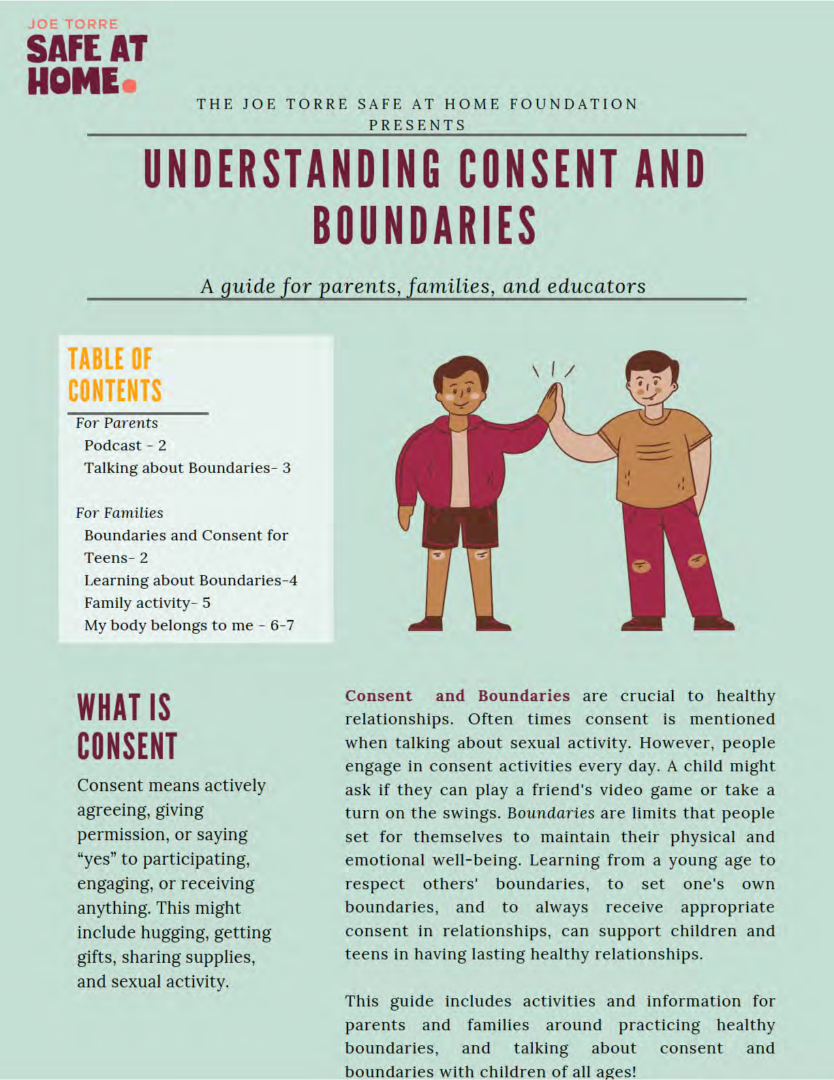 Consent and Boundaries
Consent and Boundaries
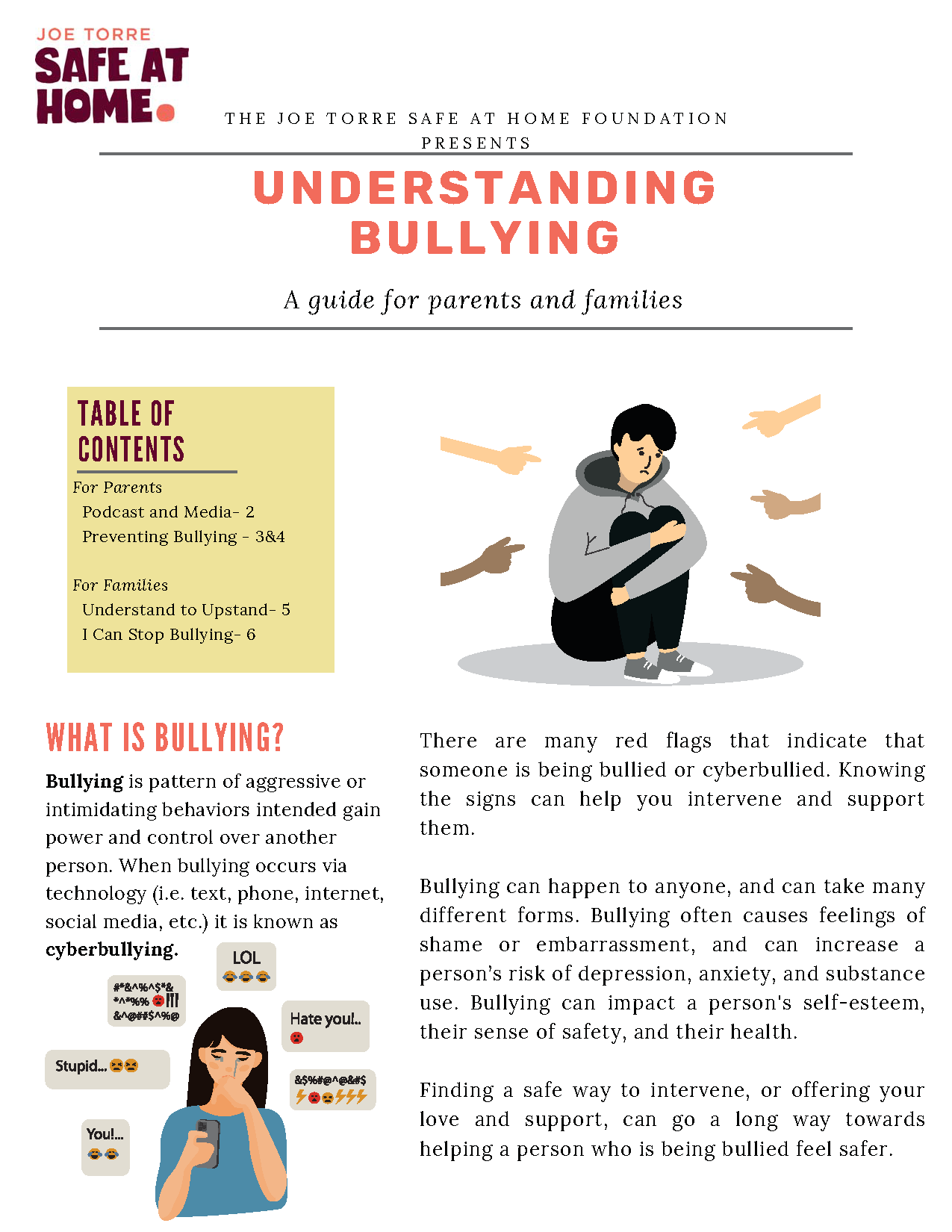 Preventing Bullying
Preventing Bullying
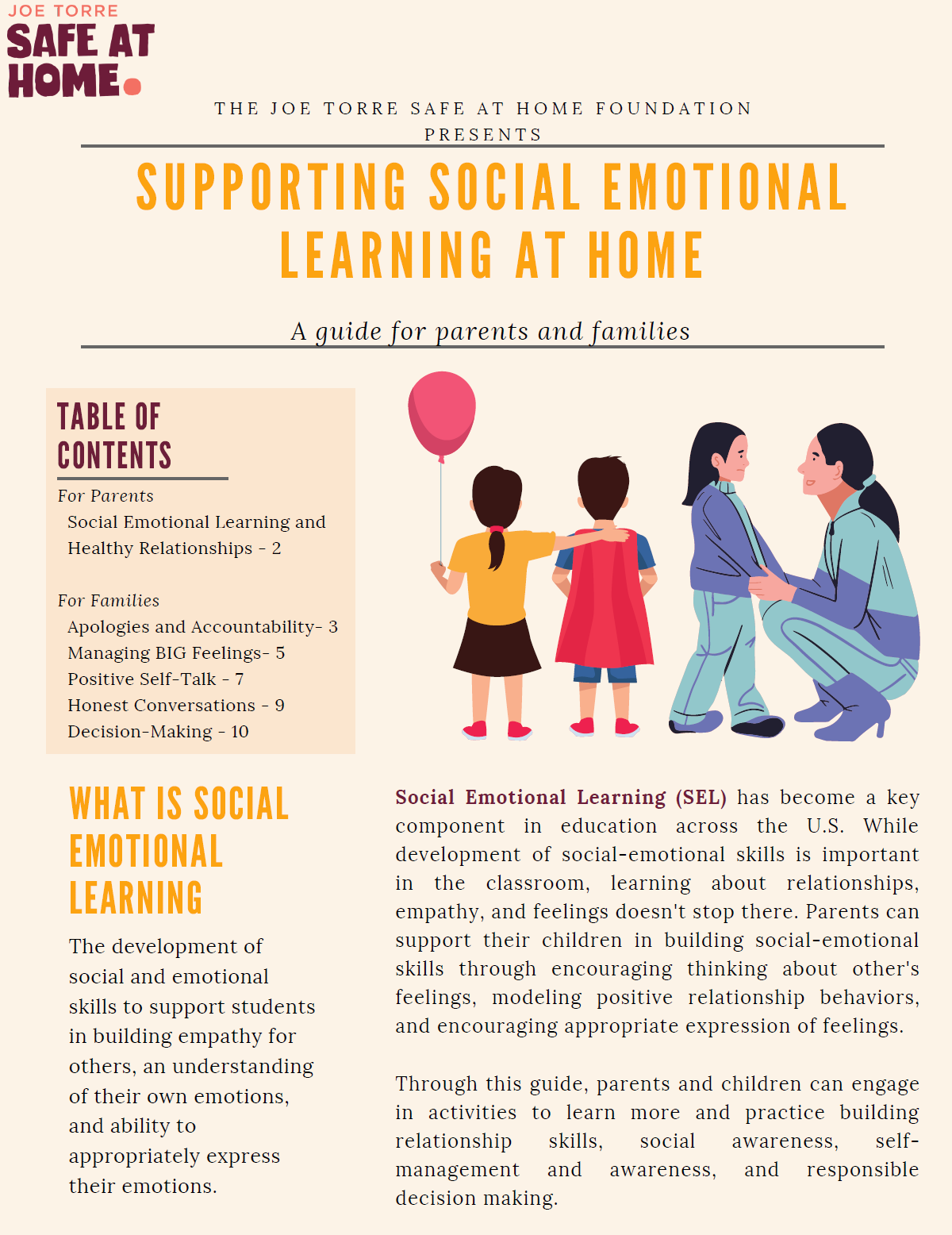 Supporting Social Emotional Learning
Supporting Social Emotional Learning
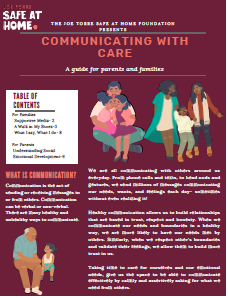 Communicating with Care
Communicating with Care
 Home for the Holidays
Home for the Holidays
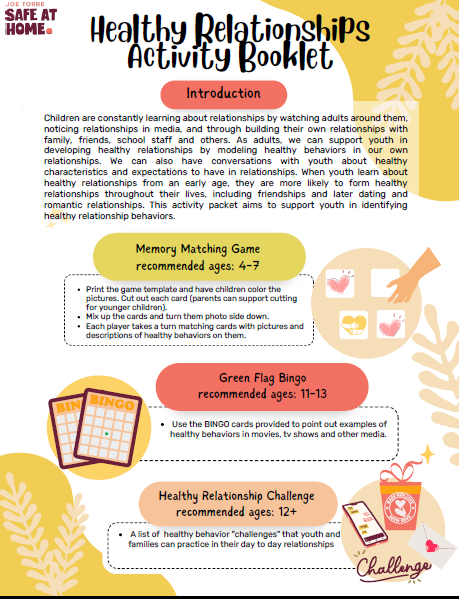 Healthy Relationships Activities
Healthy Relationships Activities
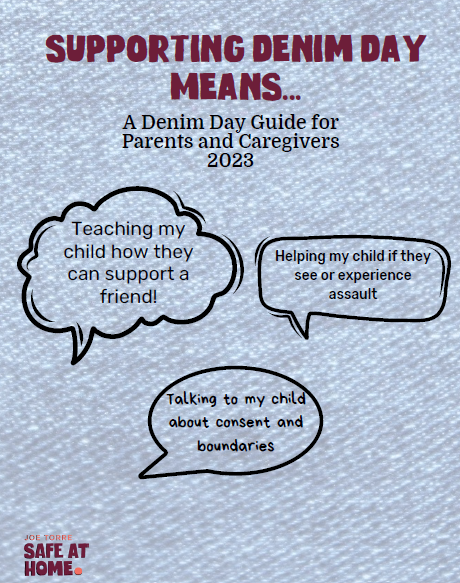 Understanding Denim Day: A guide for parents
Understanding Denim Day: A guide for parents
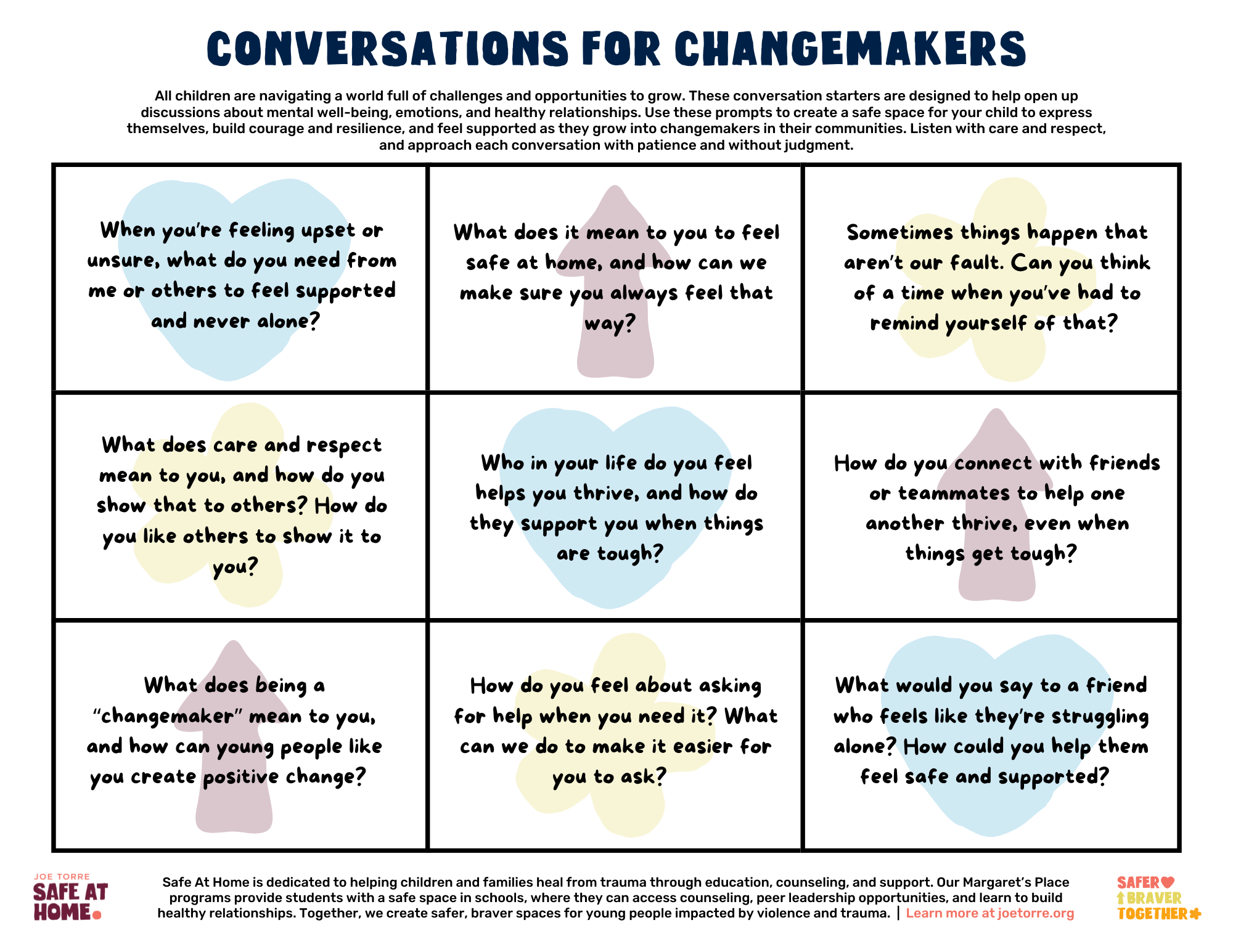 Conversations Cards for Changemakers
Conversations Cards for Changemakers
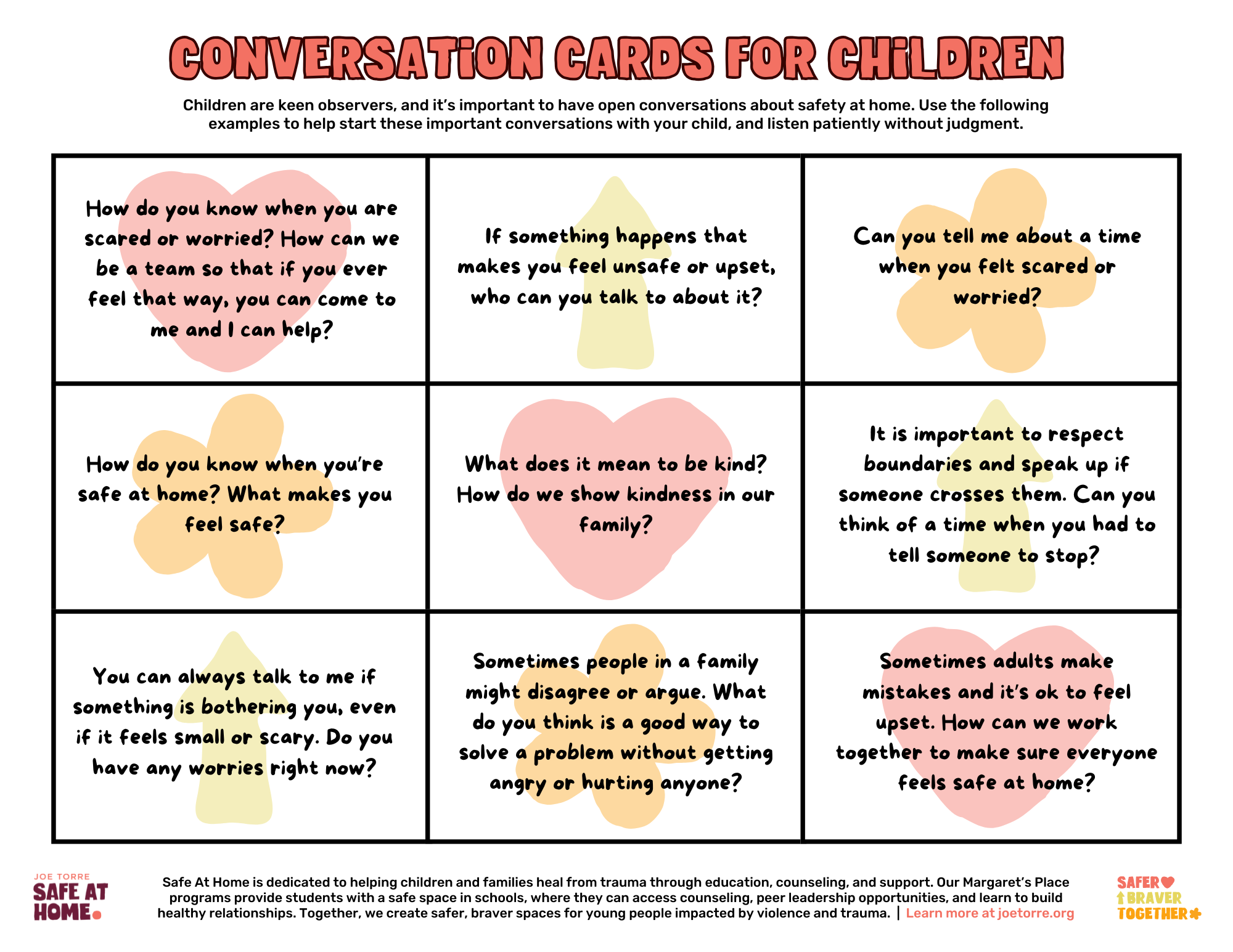 Conversations Cards for Children (Elementary Age)
Conversations Cards for Children (Elementary Age)
Understand to Upstand
Communication and Talking Tips
-

Youth Resources
View Resources -

Parent Resources
View Resources -

Educator Resources
View Resources

Youth Portal
Safe At Home’s Youth Portal is a space for youth to learn about healthy relationships, mindfulness, how to support a friend, and more. Our activities and games can be downloaded for you to use alone or with friends and family!

Seasonal Workbooks
Reading, Writing, and Journaling Activities
Art Activities
Mind / Body Exercises
Music and Movie Activities
Games, Quizzes and More

Educator Portal
Educators and school staff are pivotal in creating safe spaces and communities for youth to learn and grow in both their academics and their social emotional development. The resources below can support school staff in creating spaces where youth are supported, empowered, and engaging in relationships that are healthy and positive!

Educational Materials for School Staff
attention:
The LA Wildfires have left many in need of support. Whether you or someone you know is directly affected, or if you’re looking for ways to help, we’ve created a Hope & Healing Workbook in both English and Spanish with practical guidance for youth, parents, caregivers, and educators as they navigate the aftermath of the fires.In this workbook, you’ll find worksheets, activities, and exercises focused on safety planning, emotional support, and tips for discussing resilience and coping strategies with children.
Safe Keeping
Join staff members Gabrielle Napoli and Rachel Quiles as we explore topics about healthy relationships, mental health, and more on our biweekly podcast Safe Keeping.
You can also find us on iTunes, Spotify, Stitcher, Google Podcasts and more.
If you need immediate assistance, please call 911
For additional assistance or information, call a hotline now:
-
The National Domestic Violence Hotline 800-799-7233 (SAFE) / 800-787-3224 (TTY)
-
National Child Abuse Hotline / Childhelp 800-4-A-CHILD (1-800-422-4453)
-
National Suicide Prevention Lifeline 800-273-8255 (TALK)
-
National Sexual Assault Hotline 800-656-4673 (HOPE)
-
National Dating Abuse Helpline 866-331-9474
-
Crisis Text Line text HOME to 741741
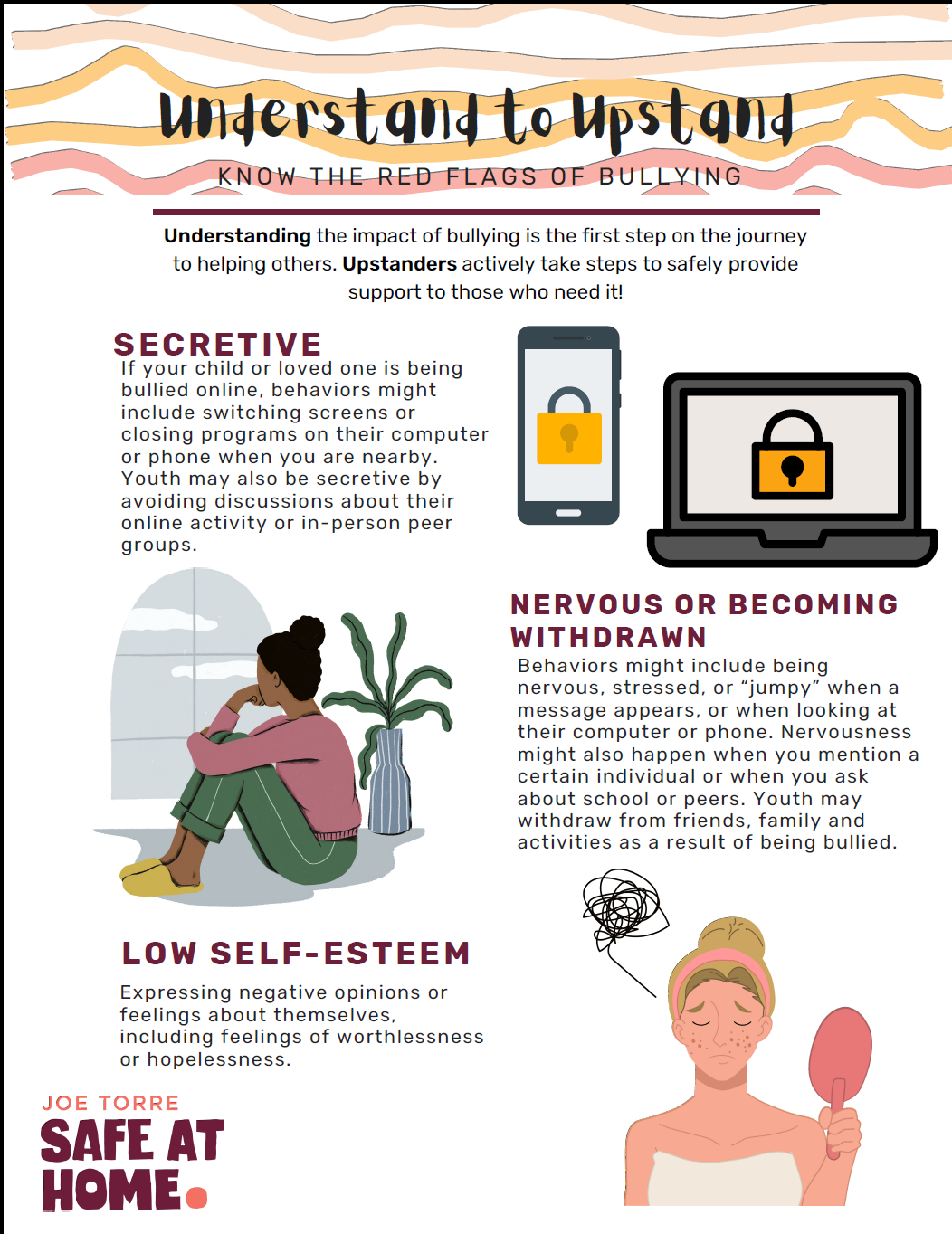 U2U: Bullying
U2U: Bullying 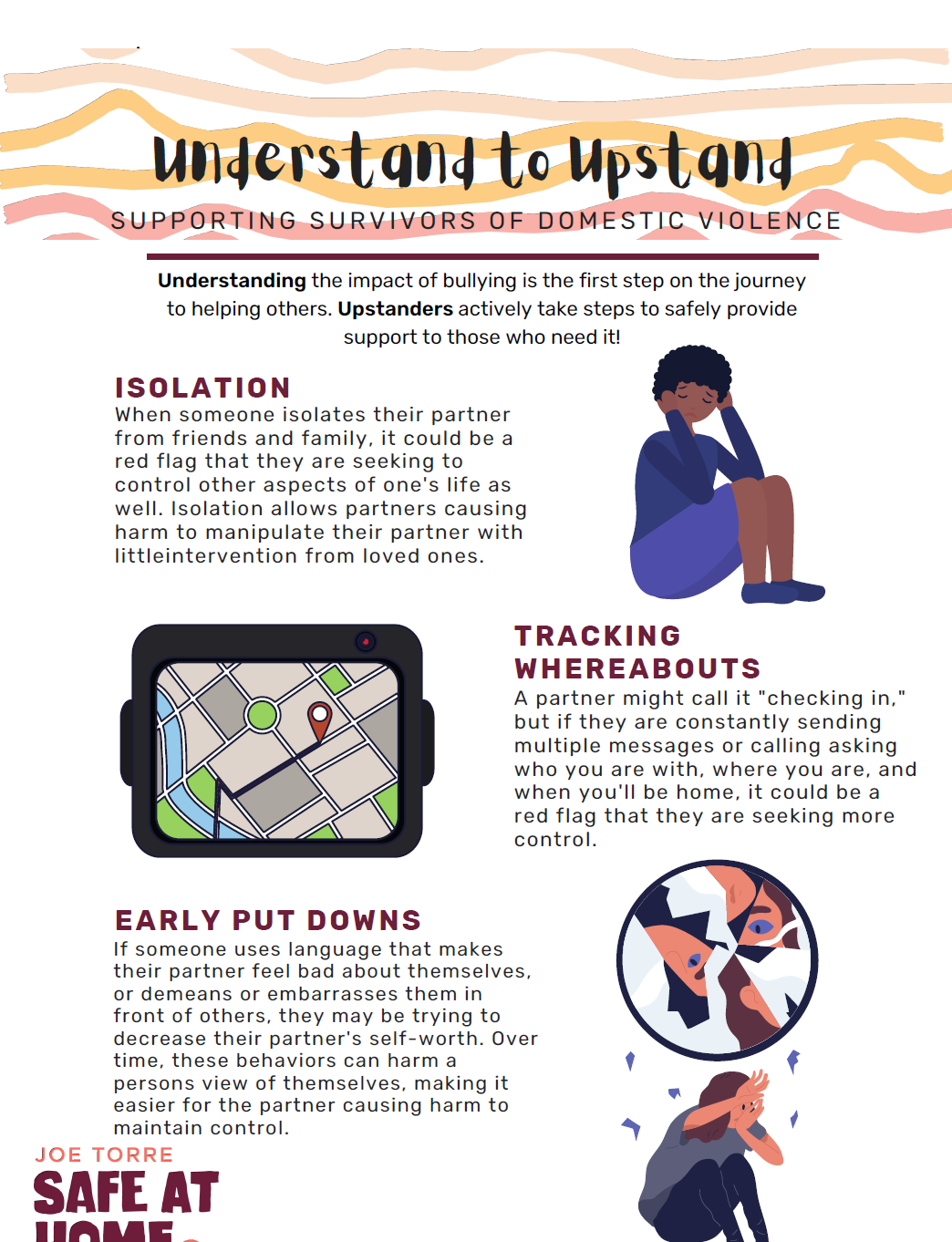 U2U: Domestic Violence
U2U: Domestic Violence 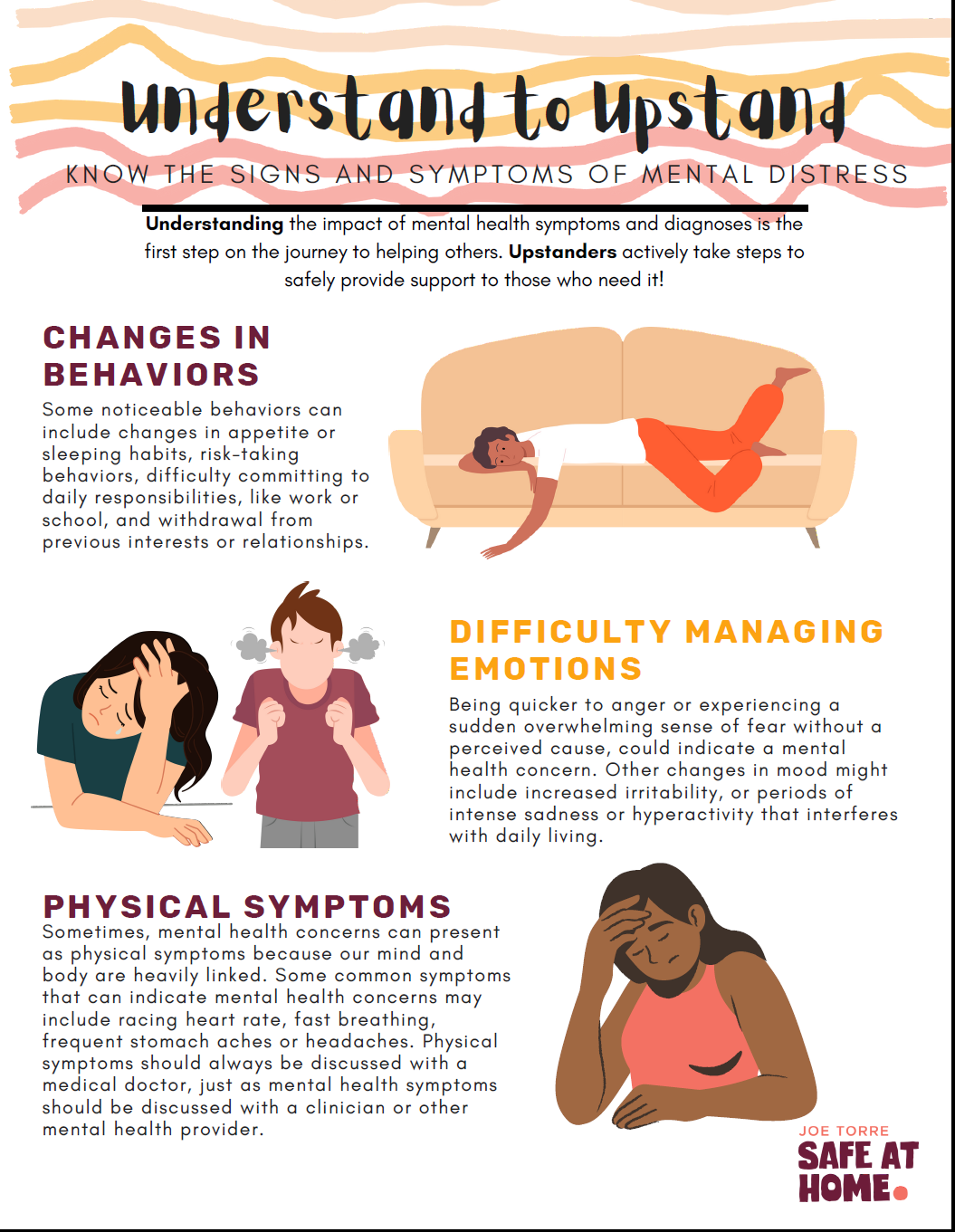 U2U: Mental Health
U2U: Mental Health 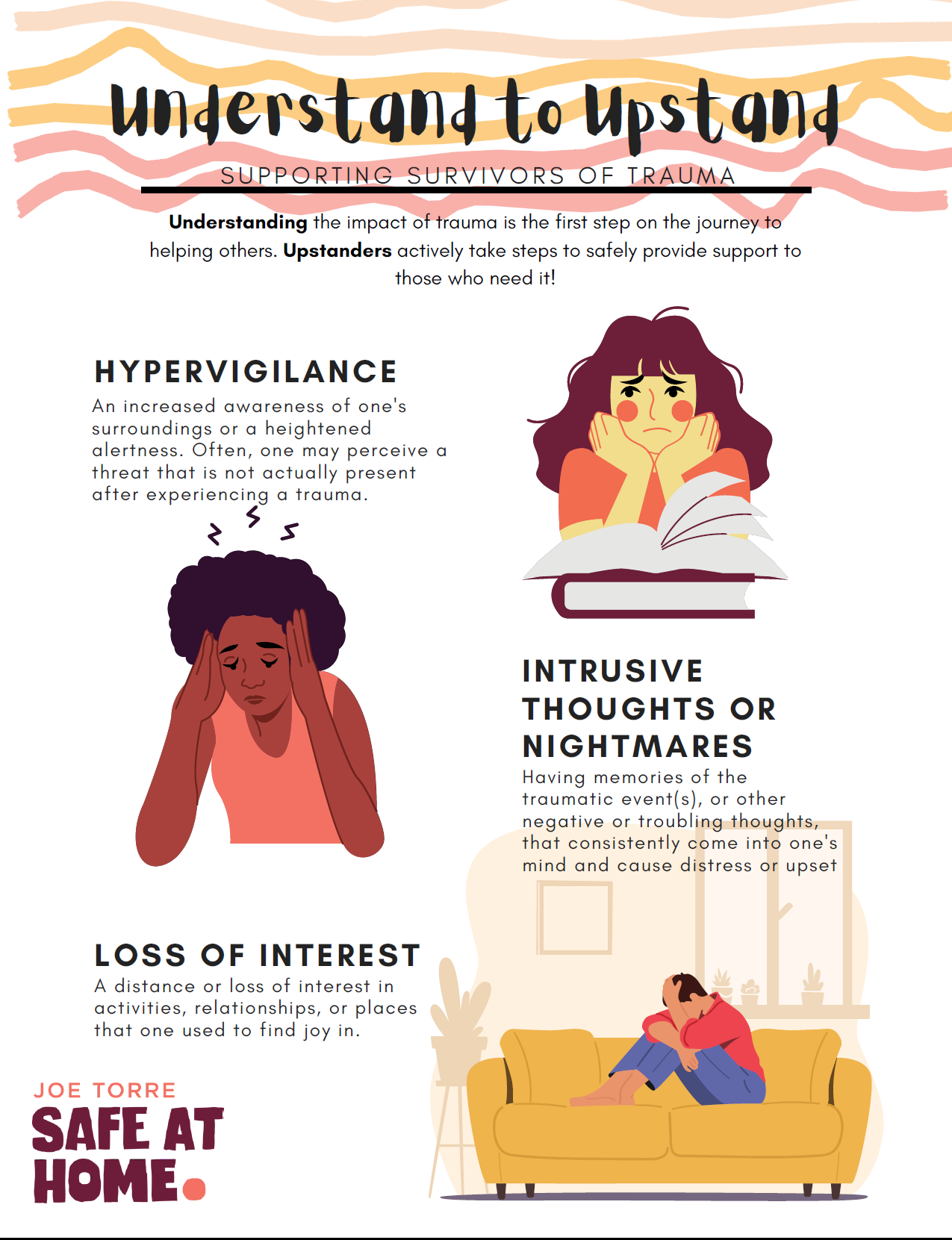 U2U: Trauma
U2U: Trauma 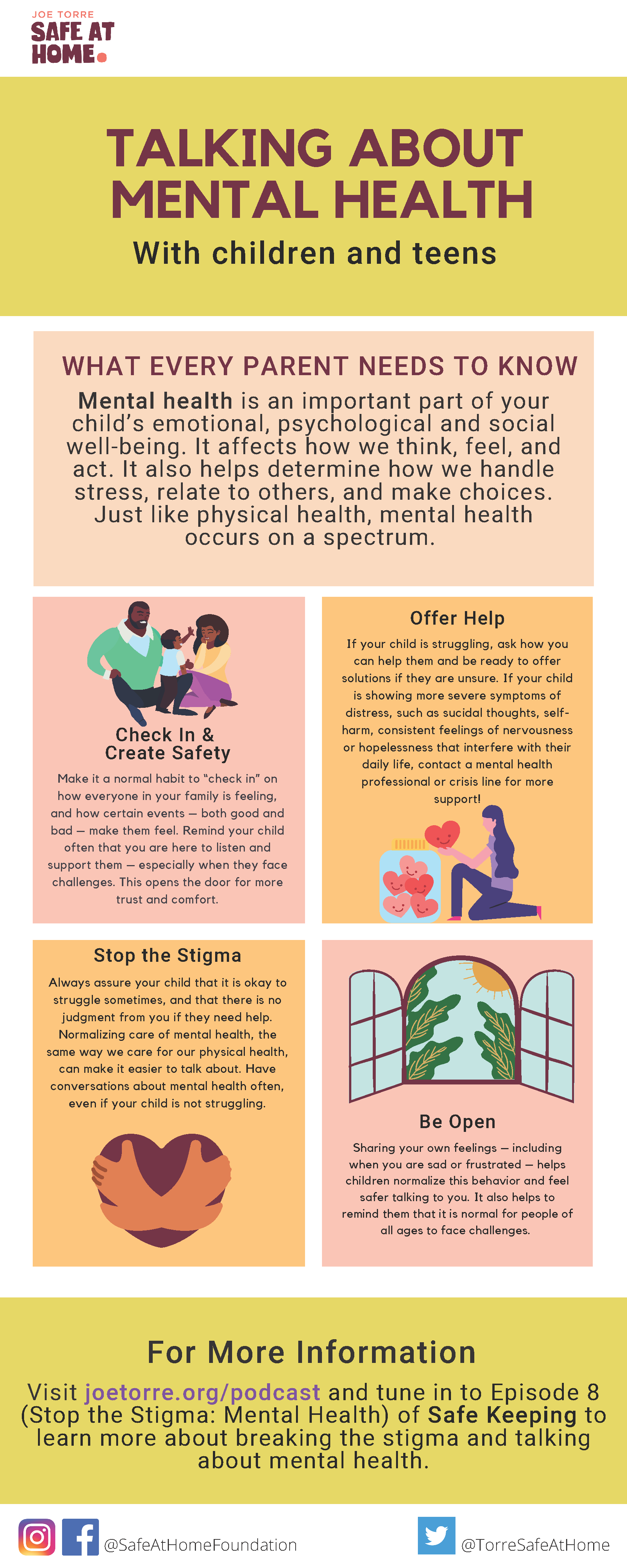 Talking About Mental Health
Talking About Mental Health 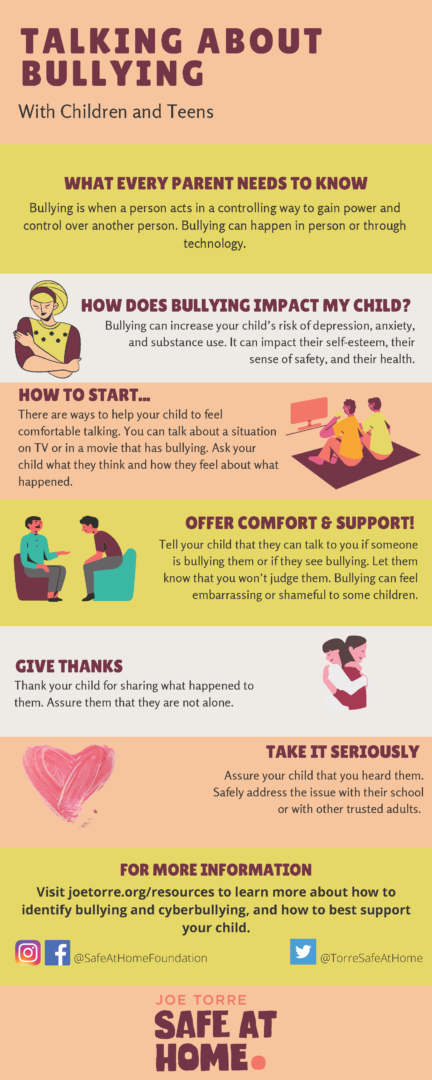 Talking About Bullying
Talking About Bullying 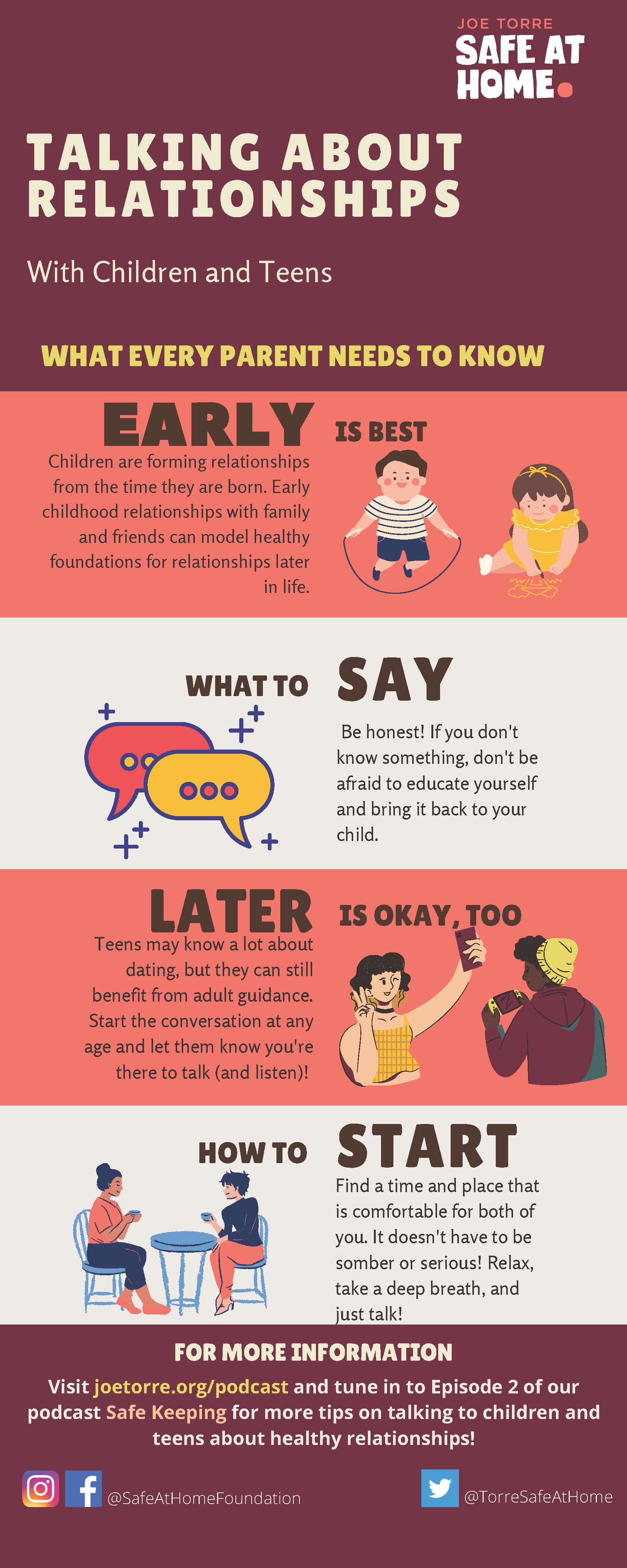 Talking About Relationships
Talking About Relationships 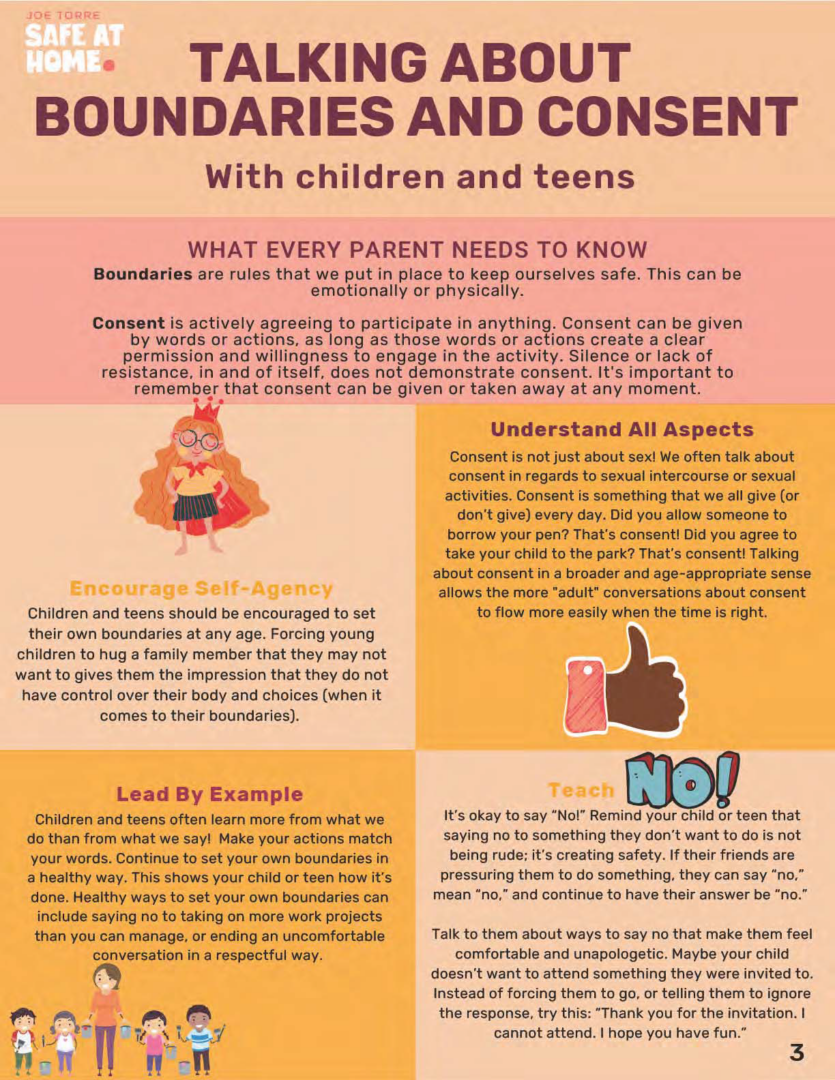 Talking About Boundaries
Talking About Boundaries 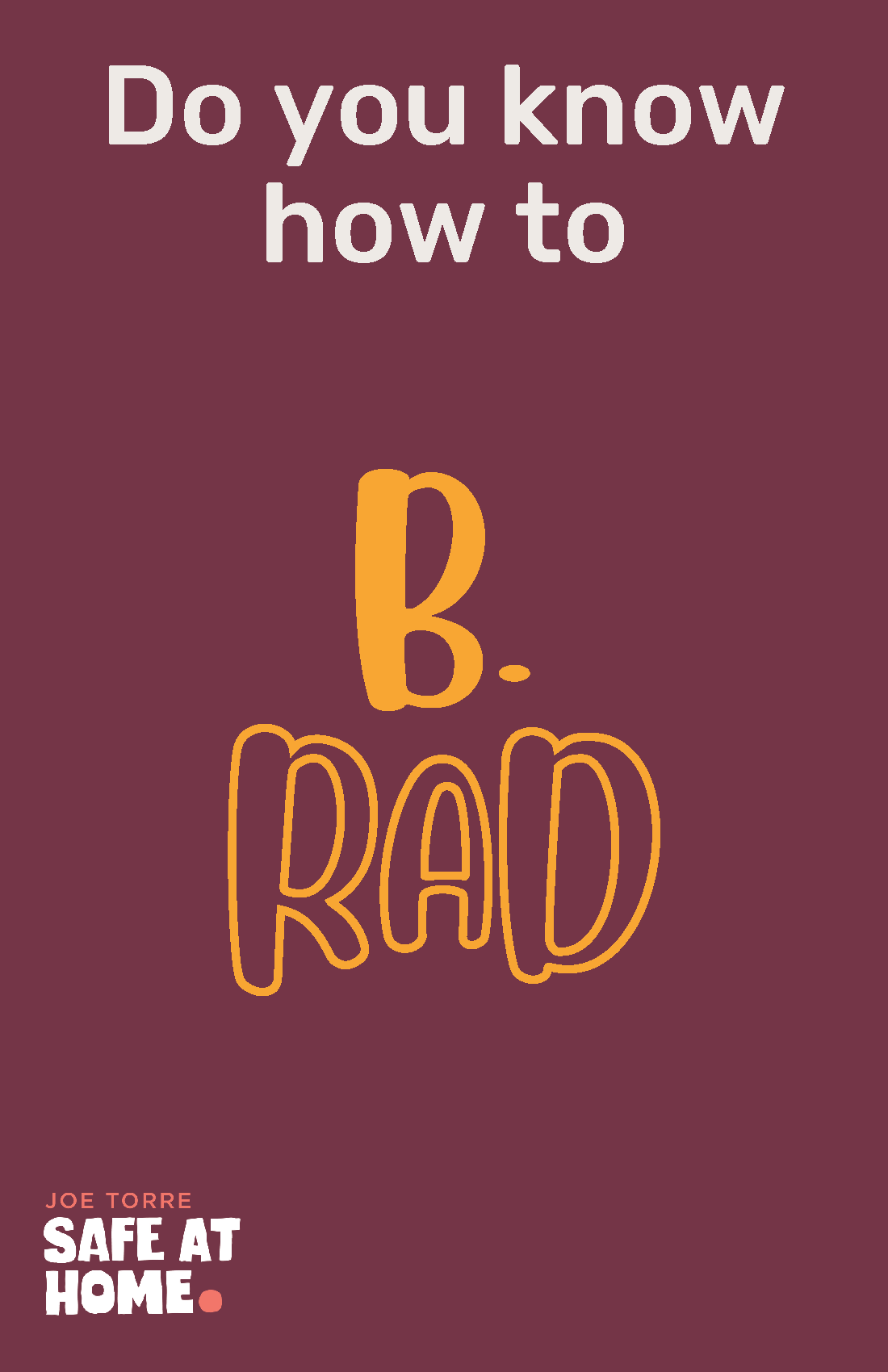 Communication Tip Card
Communication Tip Card 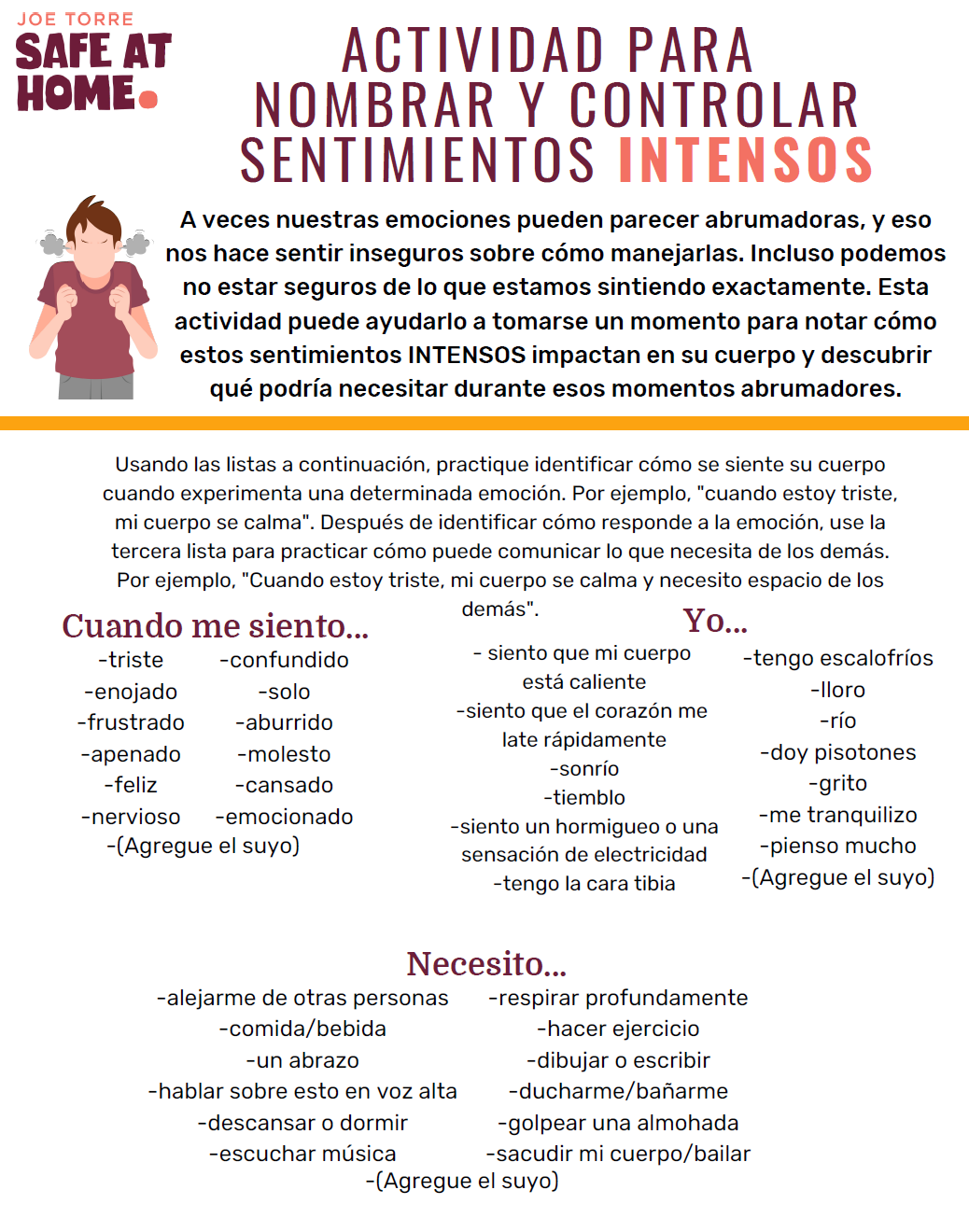 Actividad para nombrar y controlar sentimientos
Actividad para nombrar y controlar sentimientos 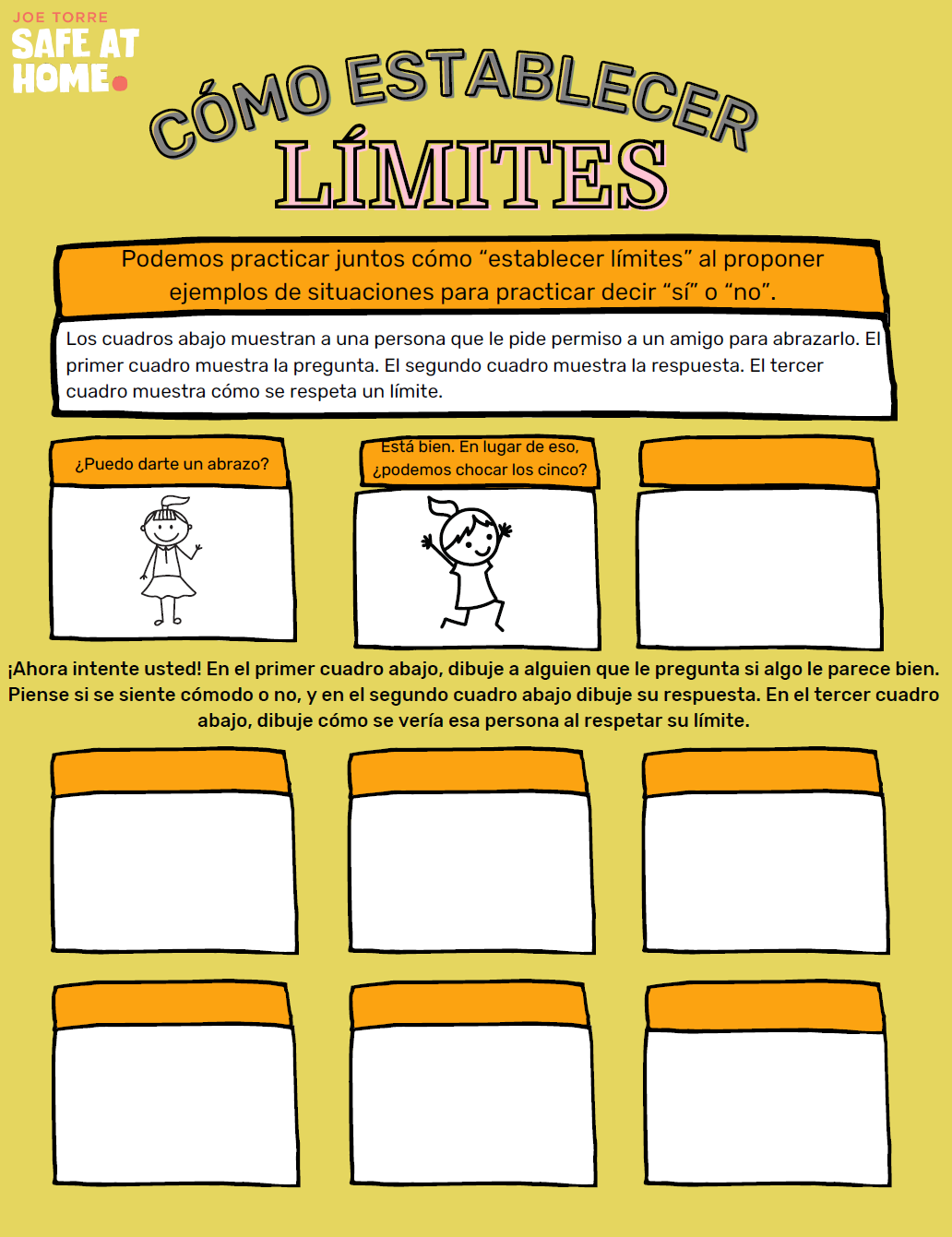 Como establecer limites
Como establecer limites 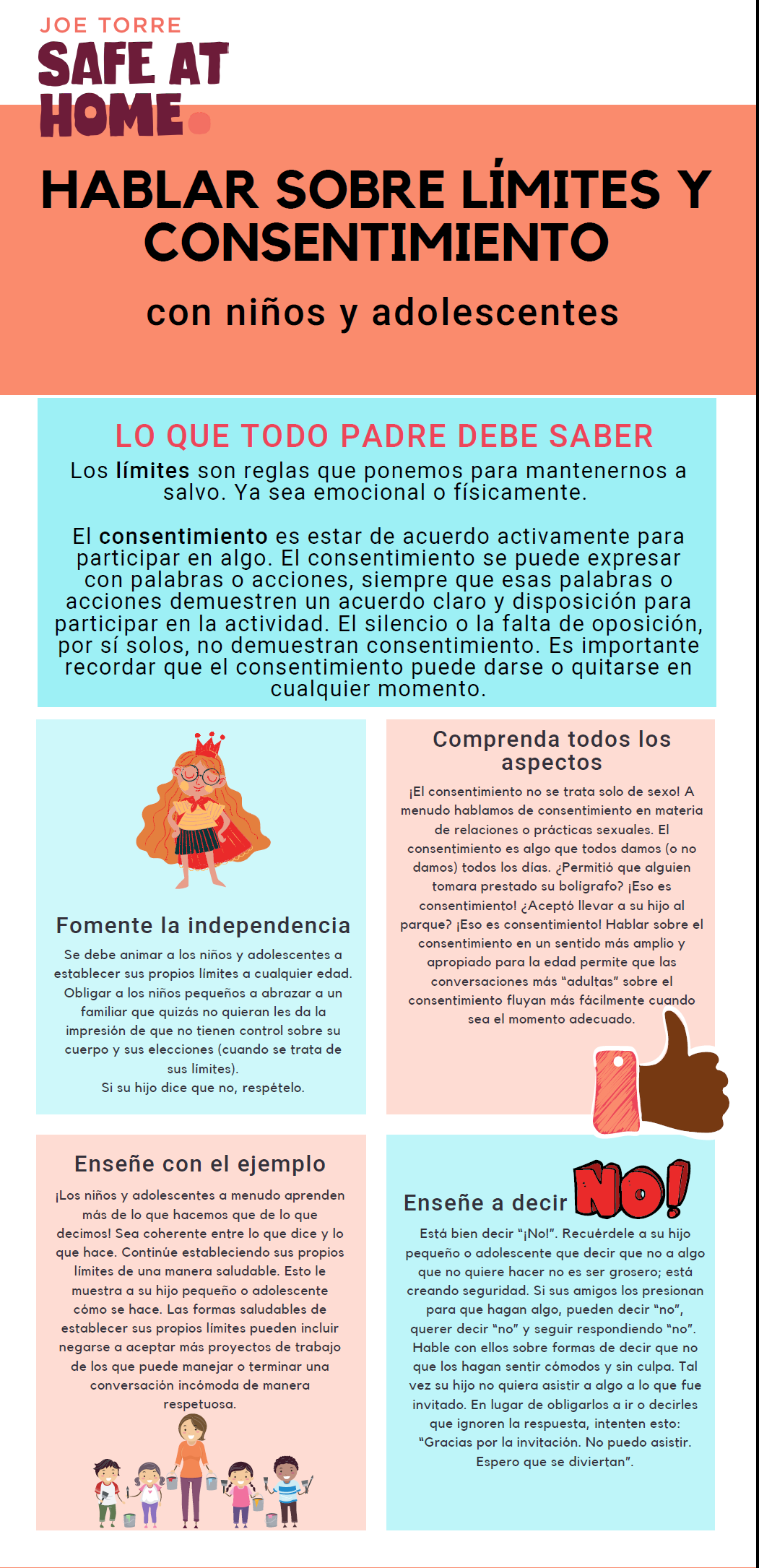 Hablar sobre limites y consentimiento
Hablar sobre limites y consentimiento 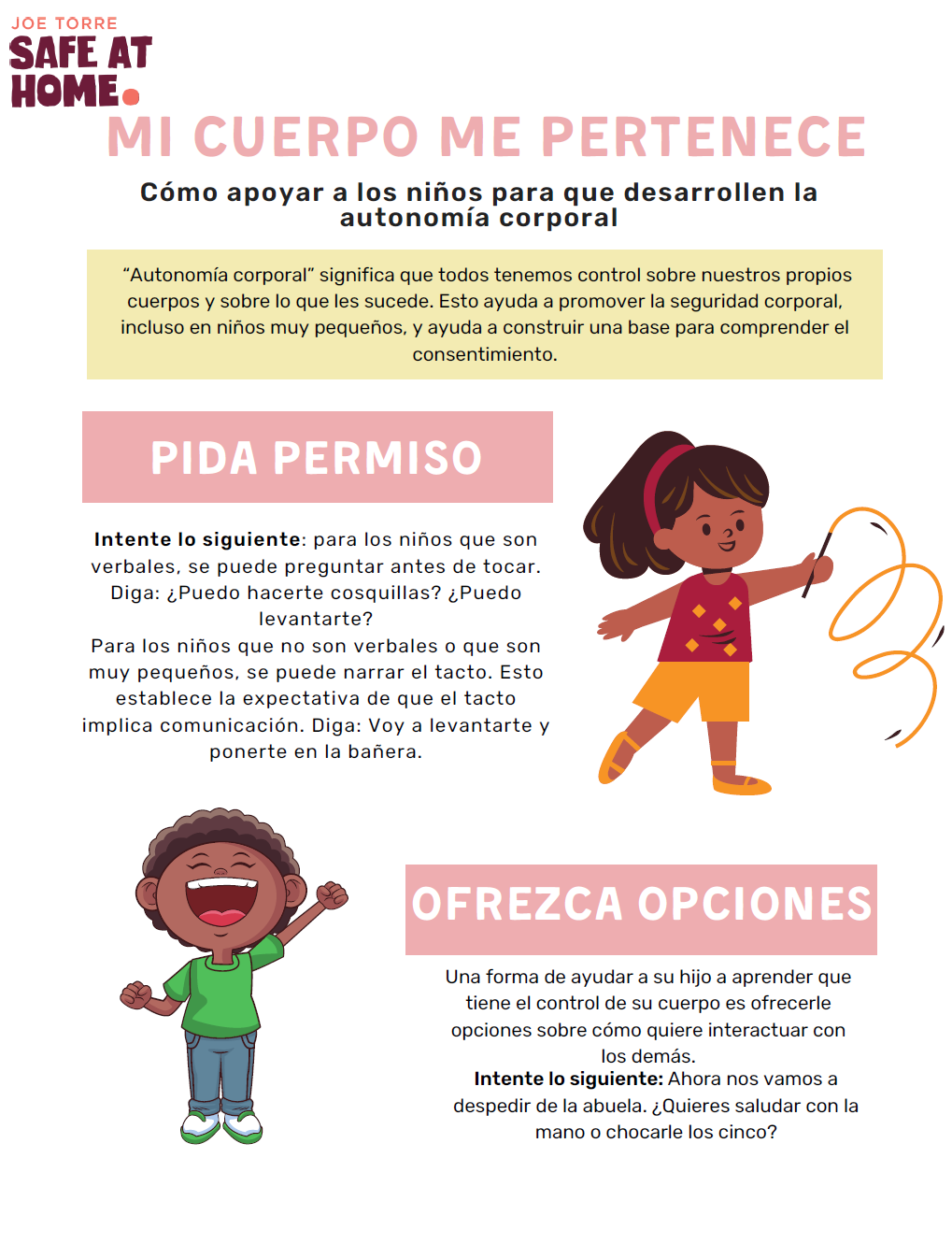 Mi cuerpo me pertenece
Mi cuerpo me pertenece 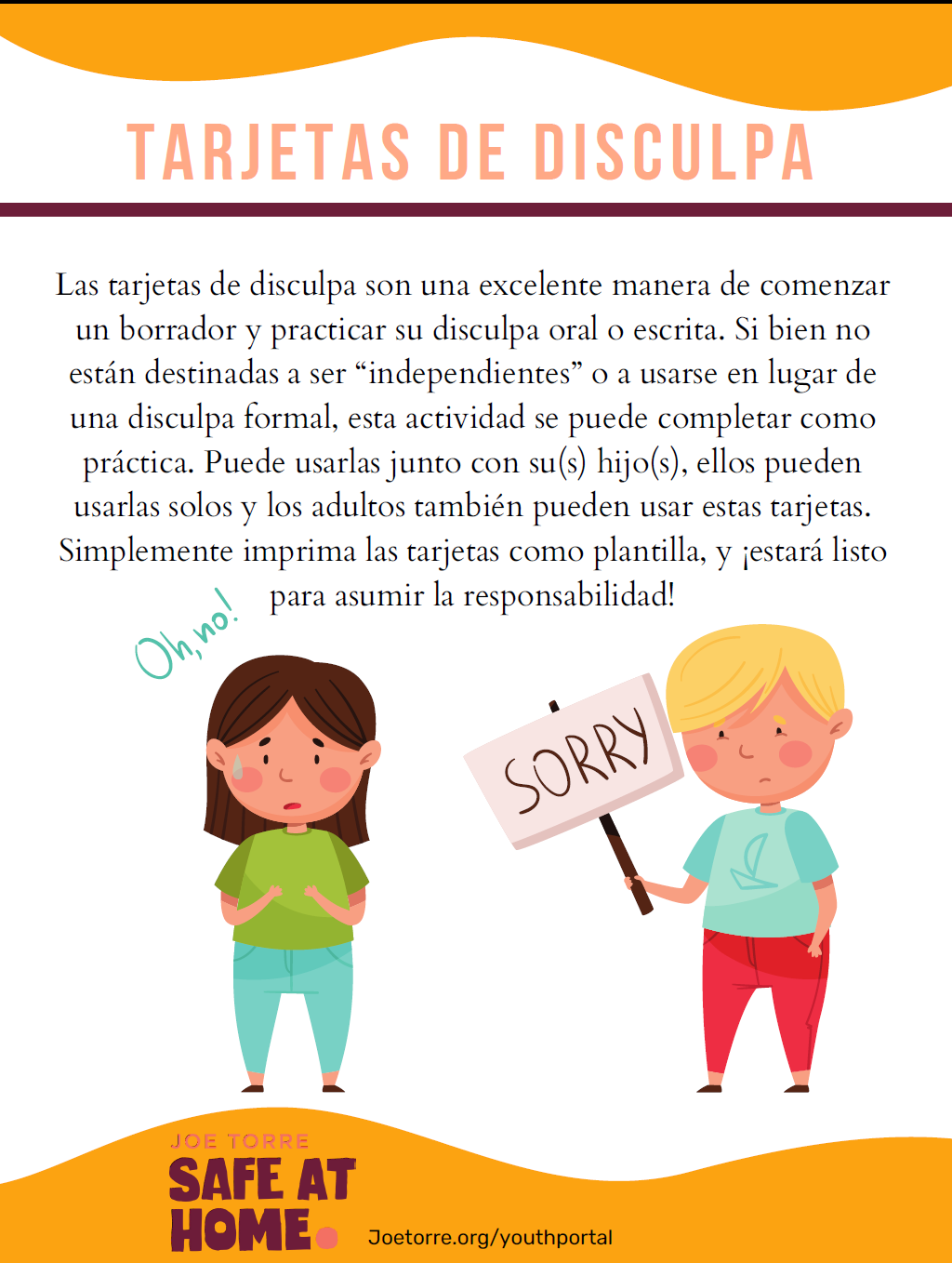 Tarjetas de disculpa
Tarjetas de disculpa 

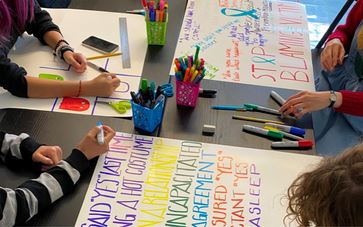
 Winter 2025 – 16 Pages of Activities!
Winter 2025 – 16 Pages of Activities! 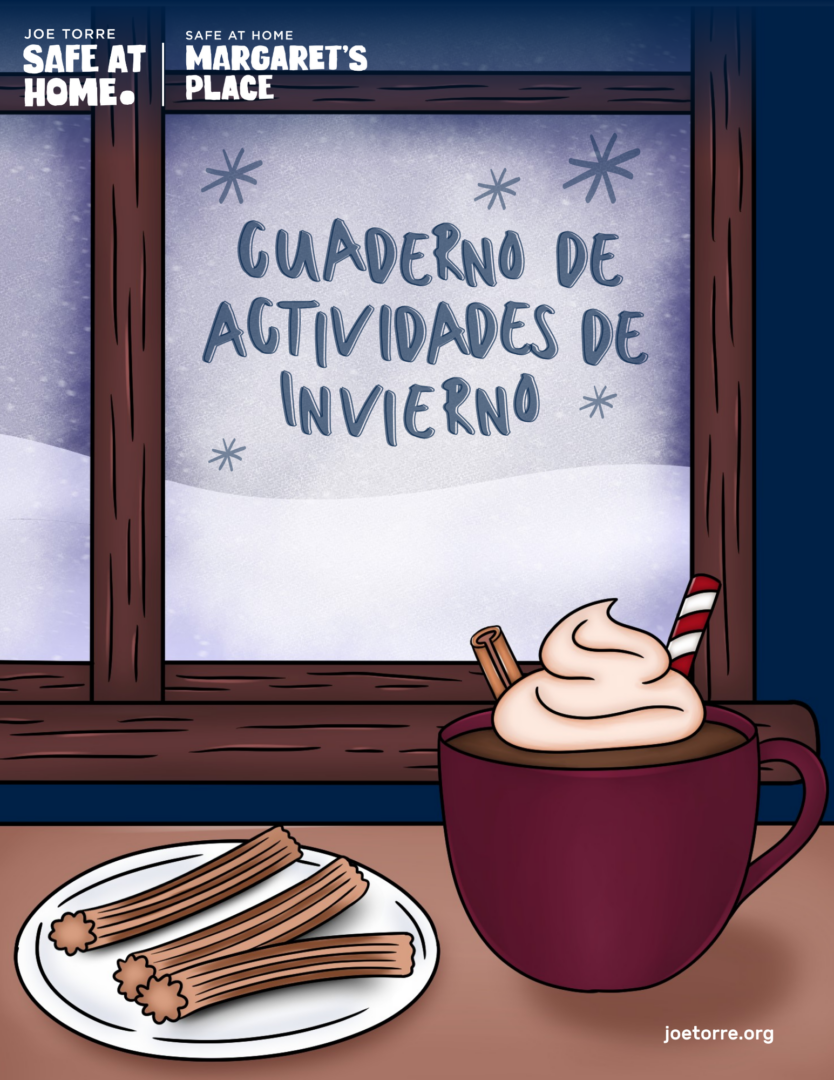 Invierno 2025 – ¡16 páginas de actividades!
Invierno 2025 – ¡16 páginas de actividades!  Summer 2025 – 19 Pages of Activities!
Summer 2025 – 19 Pages of Activities! 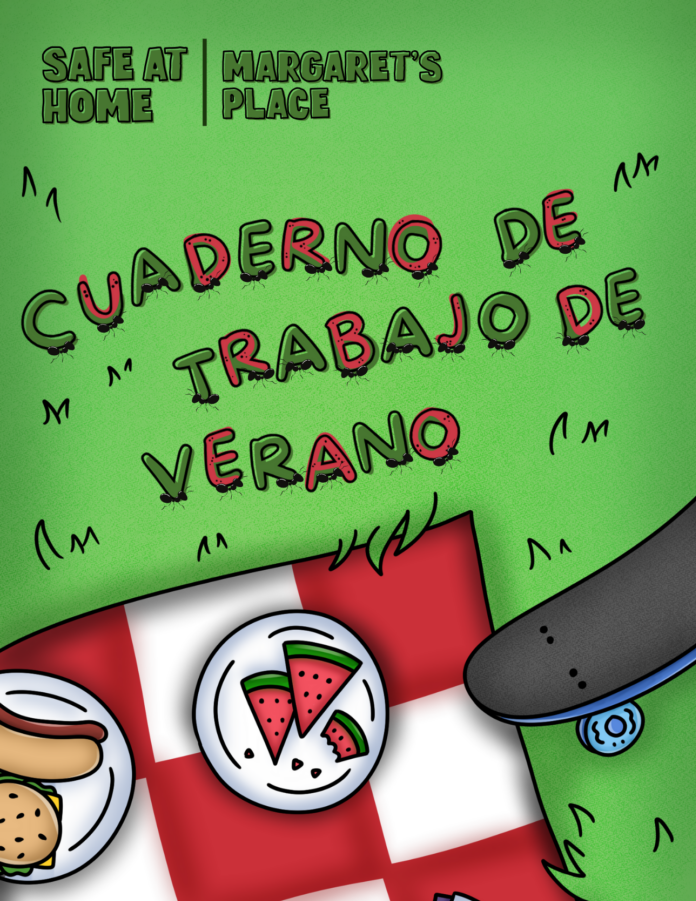 Verano 2025 – ¡16 páginas de actividades!
Verano 2025 – ¡16 páginas de actividades! 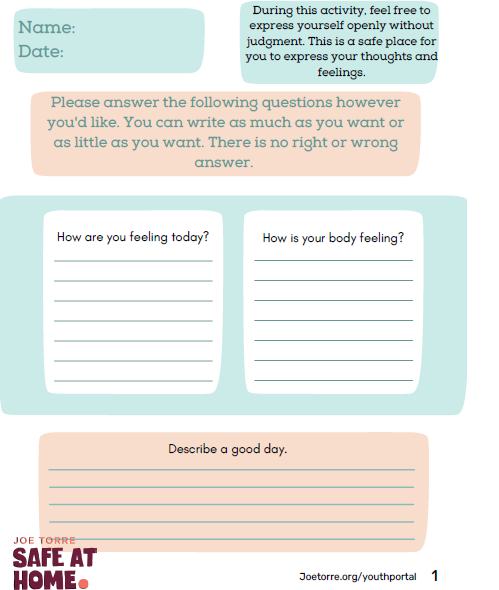 Journaling Prompts
Journaling Prompts 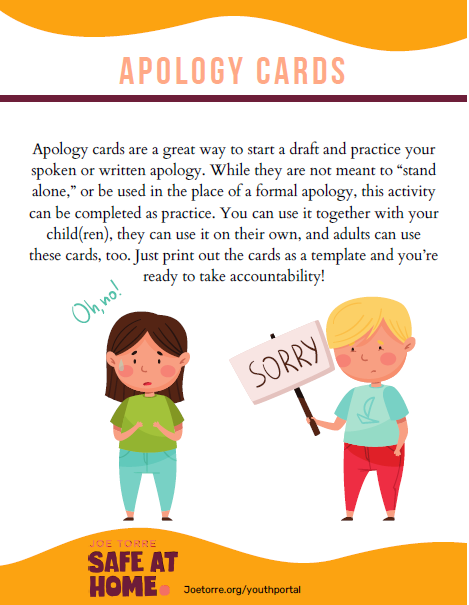 Apology Cards
Apology Cards 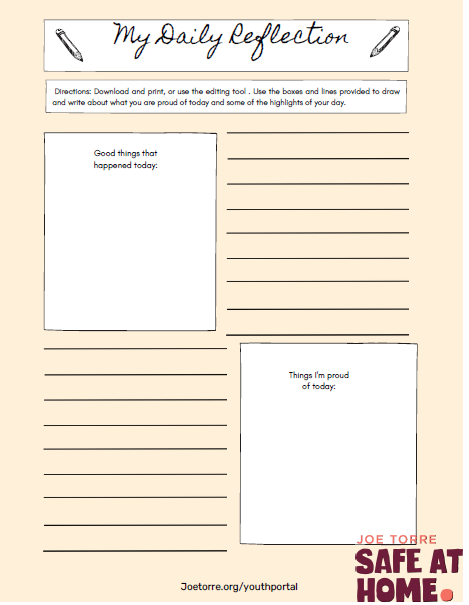 Daily Reflection
Daily Reflection 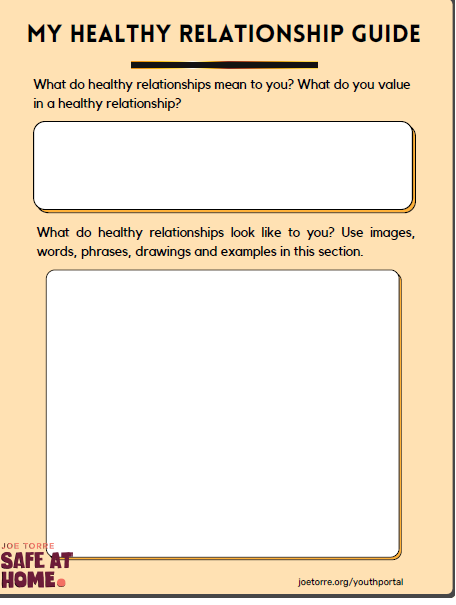 Relationship Guide
Relationship Guide 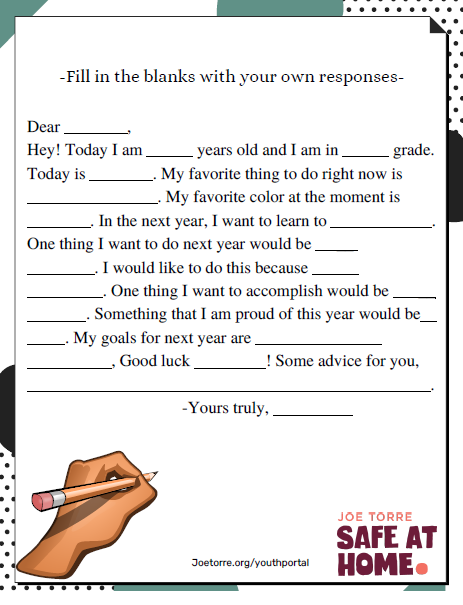 Letter to Myself
Letter to Myself 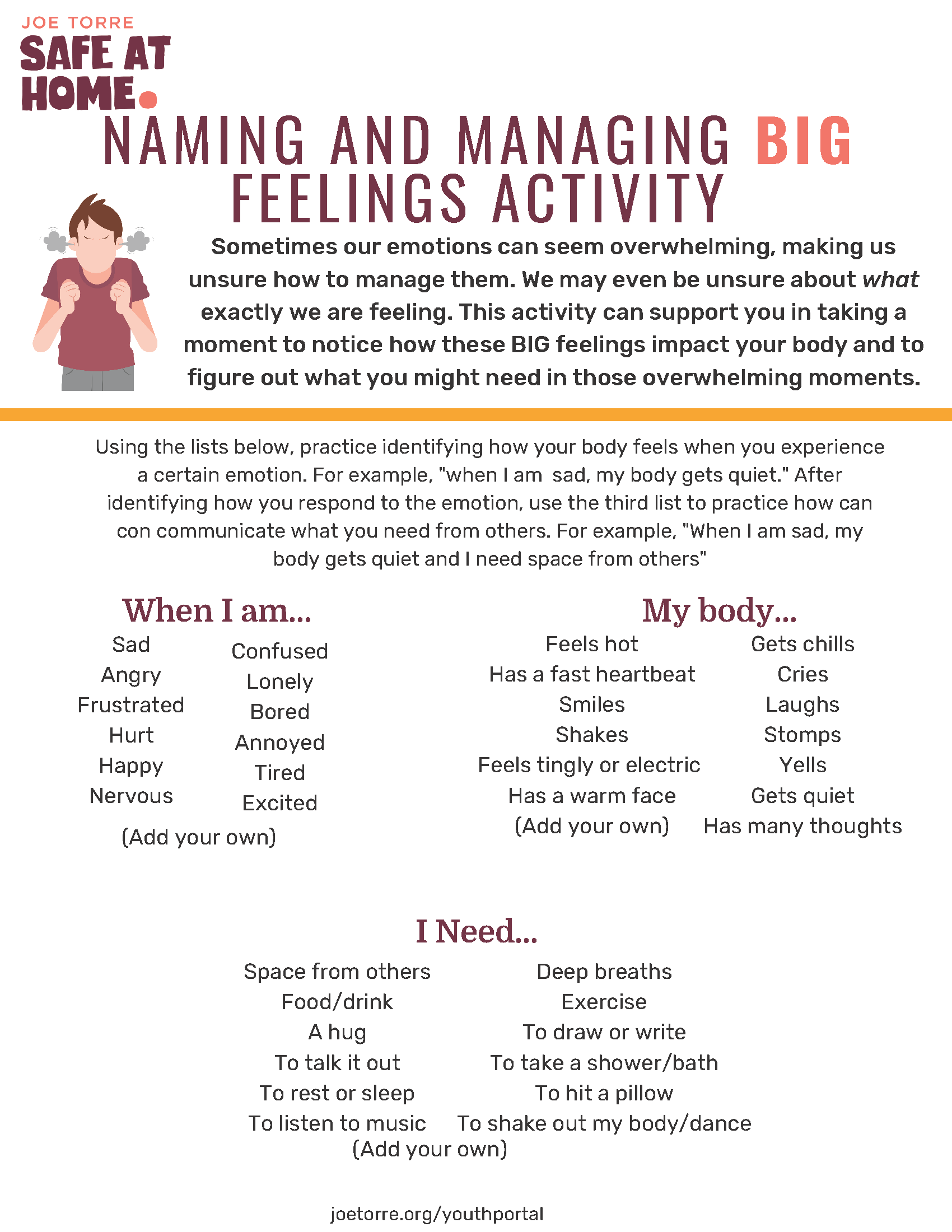 Managing Emotions
Managing Emotions 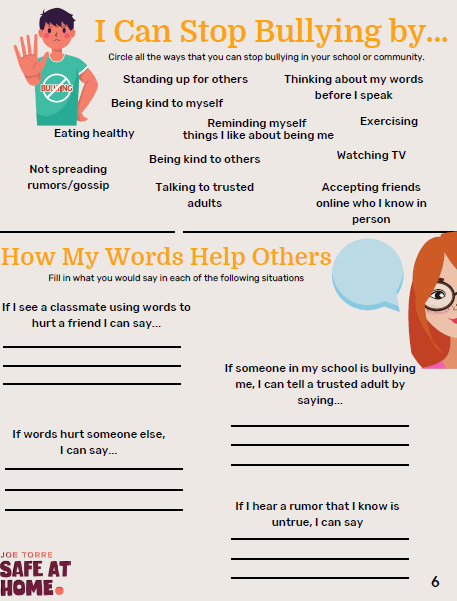 I Can Stop Bullying…
I Can Stop Bullying… 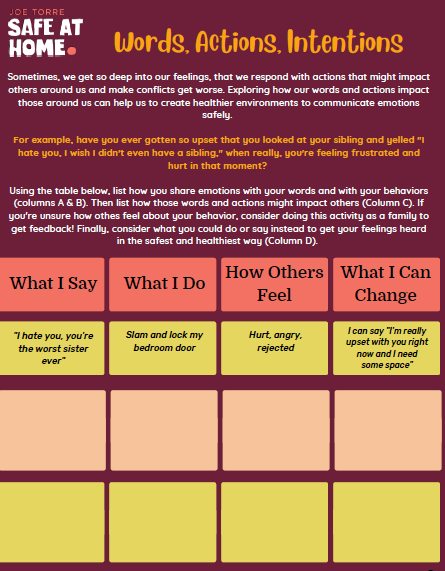 Words, Actions, Intentions
Words, Actions, Intentions 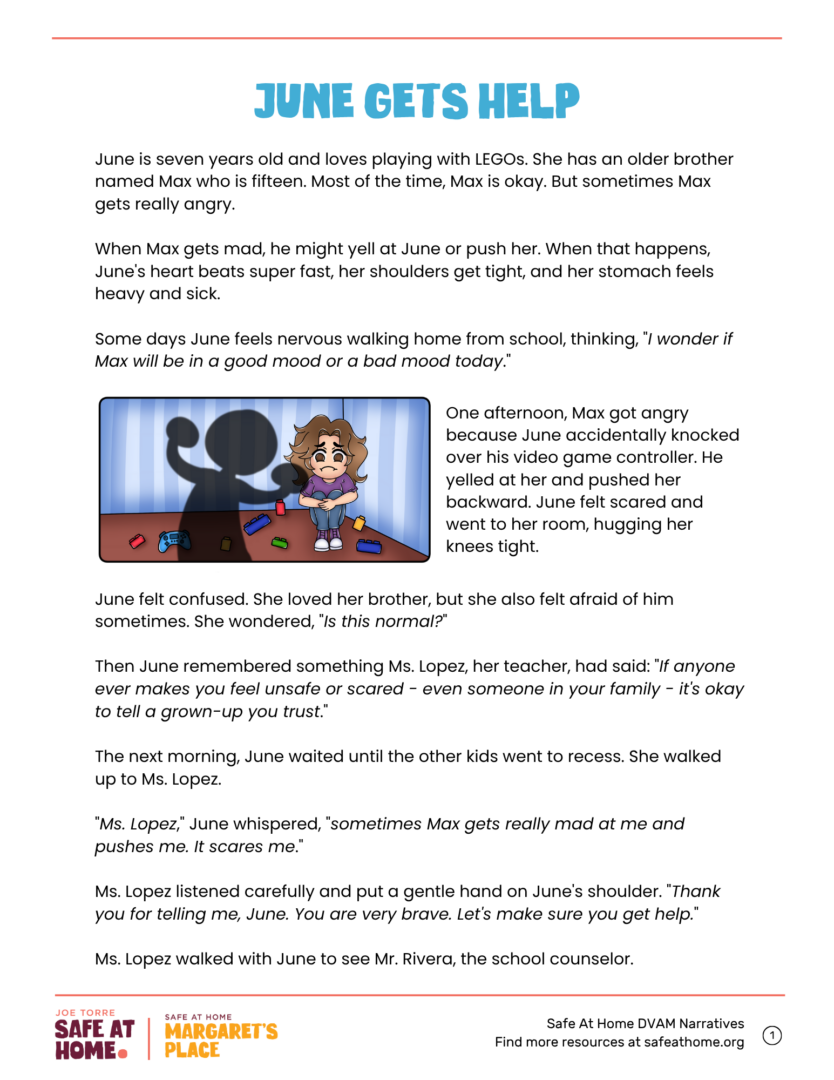 Short Stories – June Gets Help
Short Stories – June Gets Help 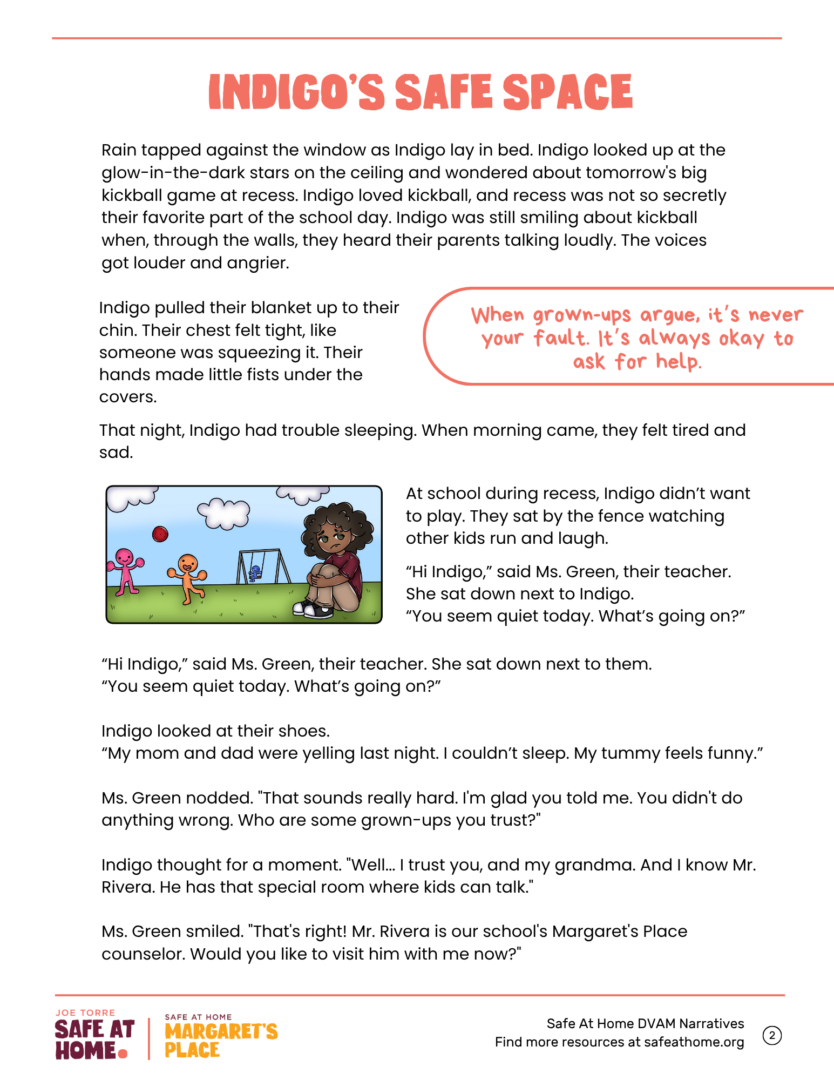 Short Stories – Indigo’s Safe Space
Short Stories – Indigo’s Safe Space 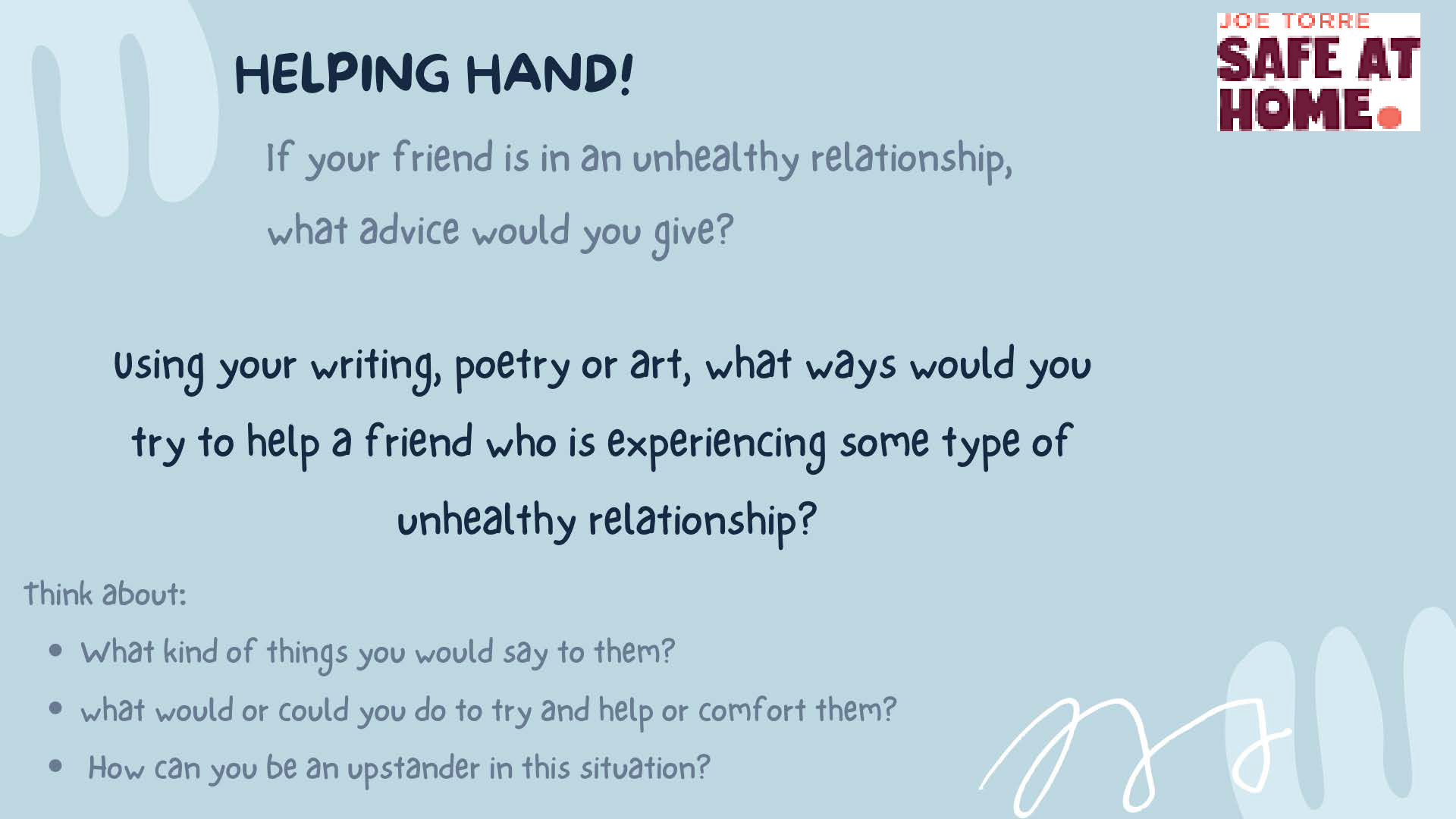 Helping a Friend
Helping a Friend 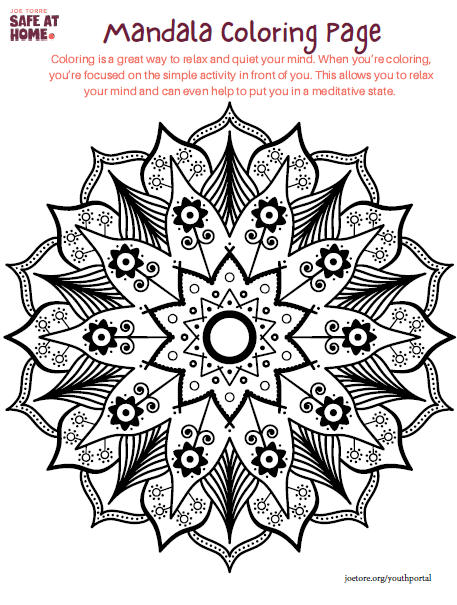 Self-Care Mandala Coloring Page
Self-Care Mandala Coloring Page 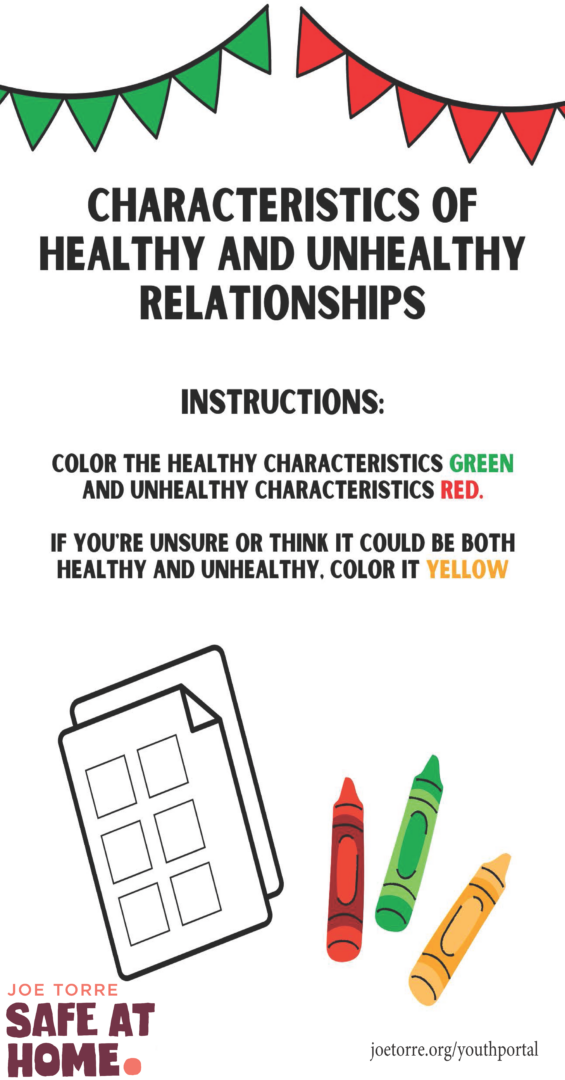
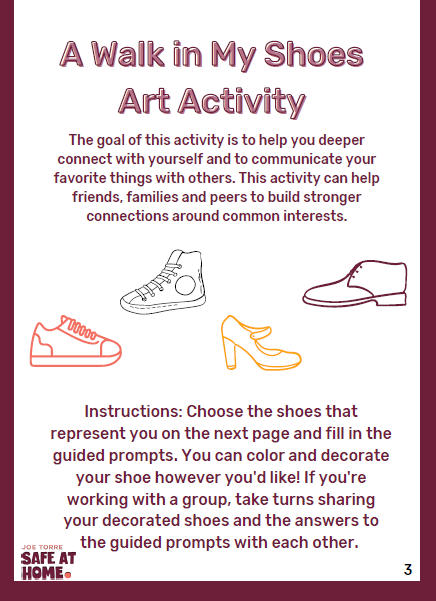 Walk in My Shoes
Walk in My Shoes 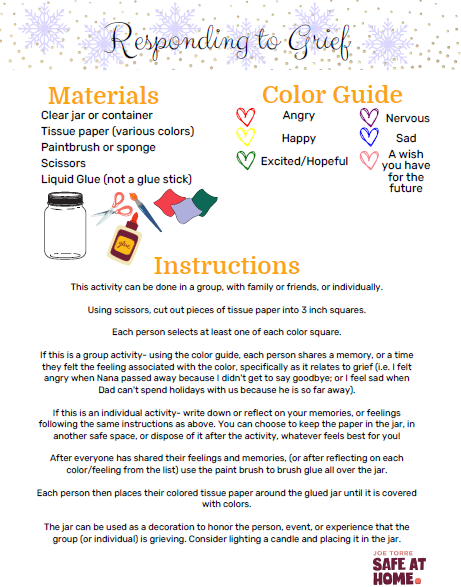 Responding to Grief
Responding to Grief 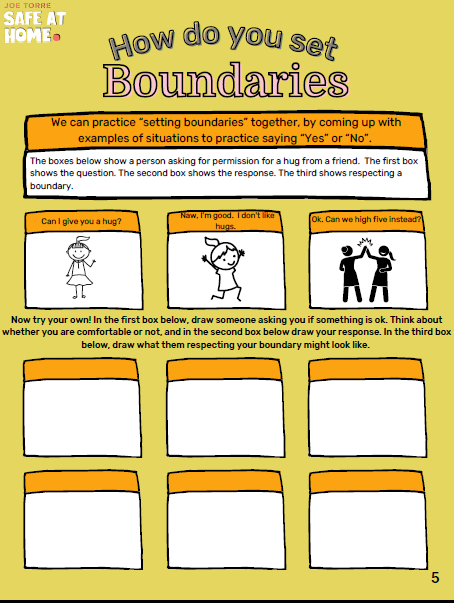 Setting Boundaries
Setting Boundaries 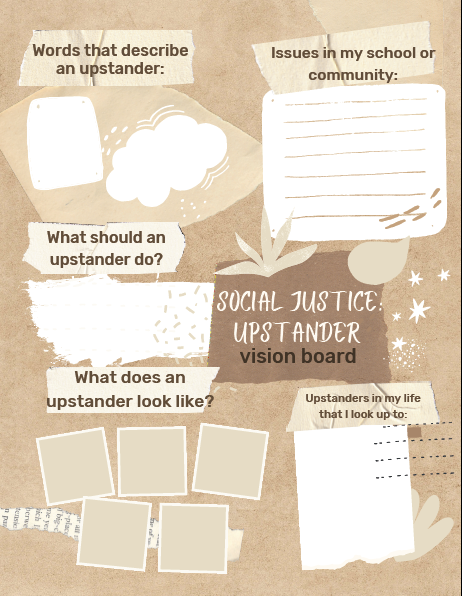 Social Justice Vision Board
Social Justice Vision Board 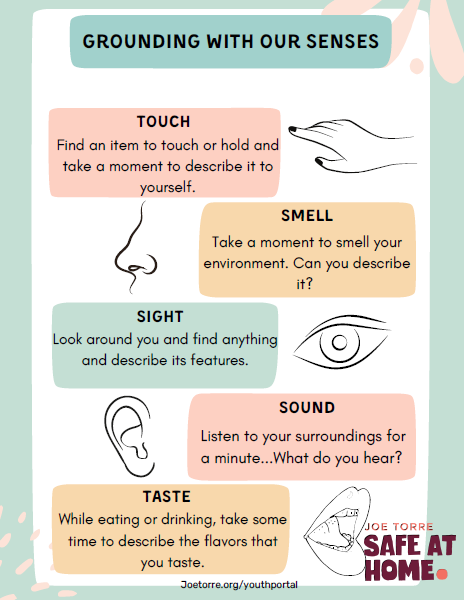 Grounding Exercise
Grounding Exercise 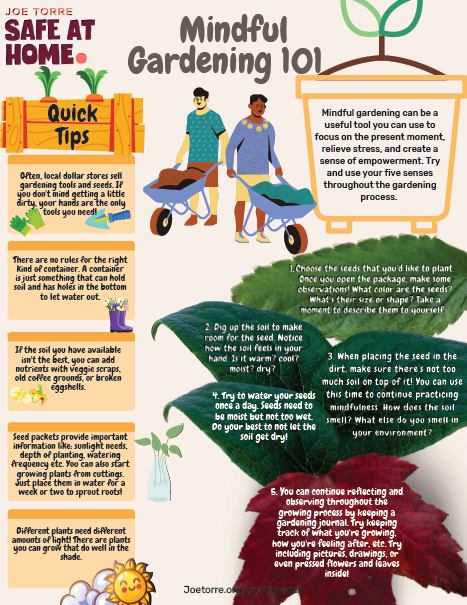 Mindful Gardening
Mindful Gardening 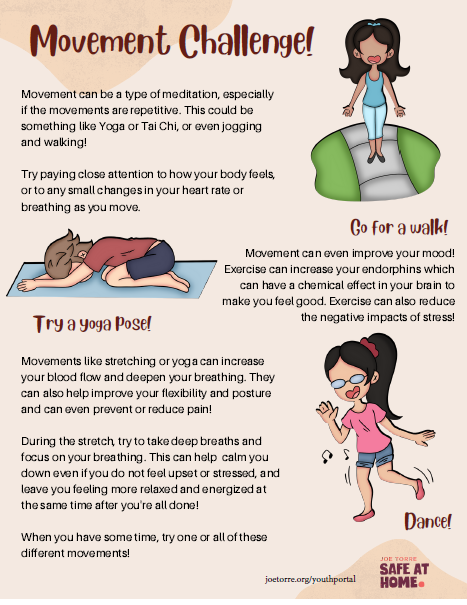 Movement Challenge
Movement Challenge 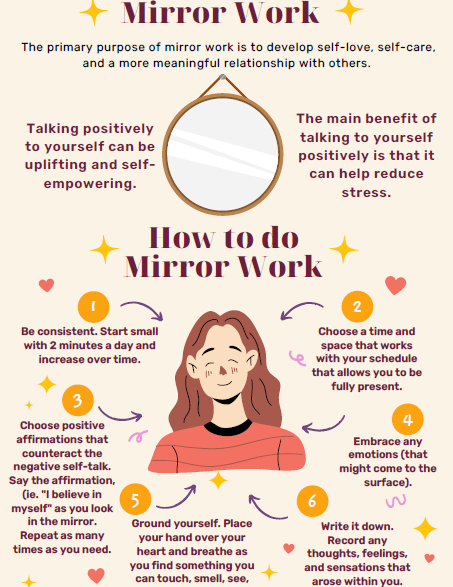 Self-Talk Mirror Work
Self-Talk Mirror Work 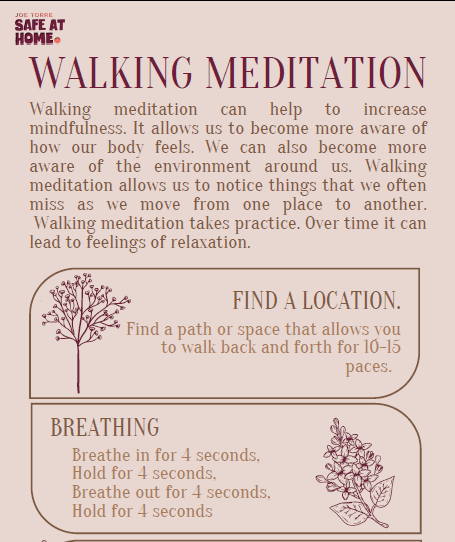 Walking Meditation
Walking Meditation 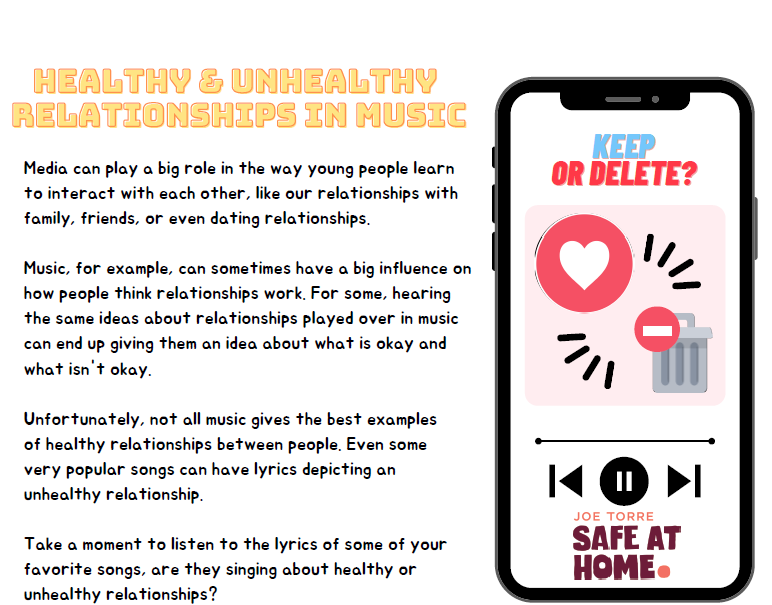 Relationship Music Playlist
Relationship Music Playlist 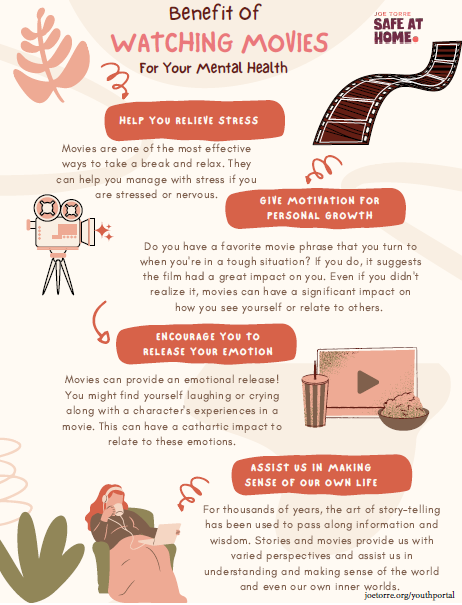 Mental Health and Movies
Mental Health and Movies 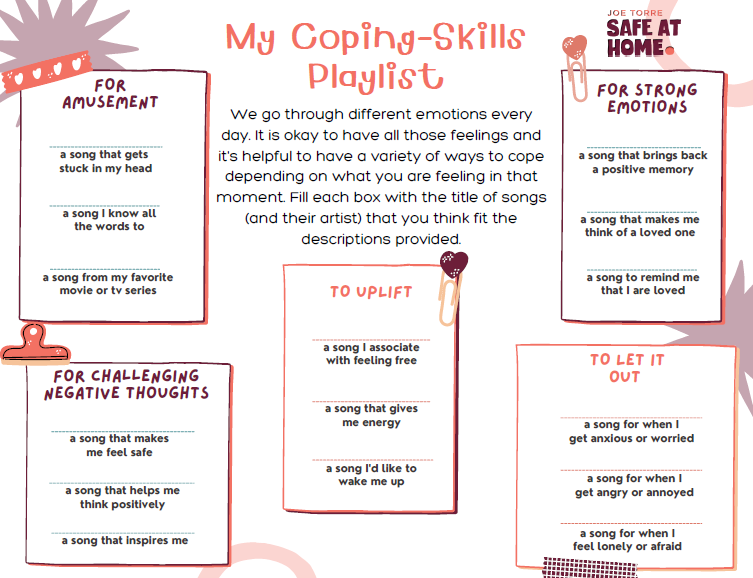 Coping Skills Playlist
Coping Skills Playlist 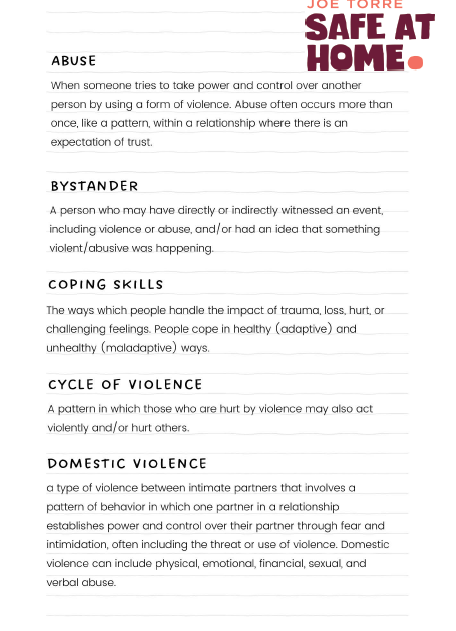 Key Terms
Key Terms 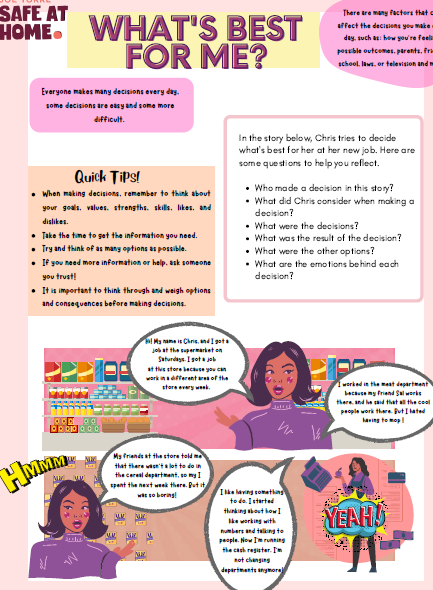 What’s Best for Me
What’s Best for Me 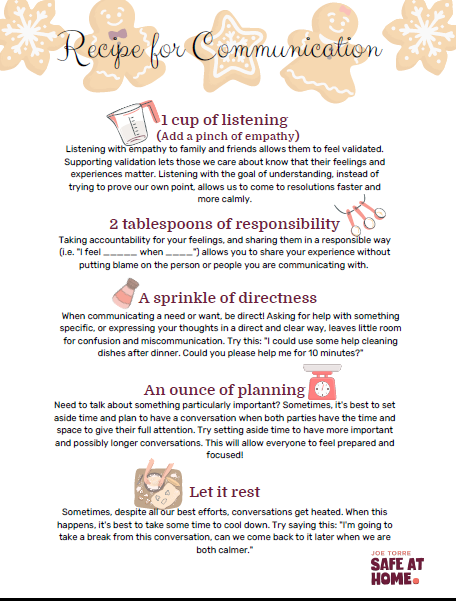 Recipe for Communication
Recipe for Communication 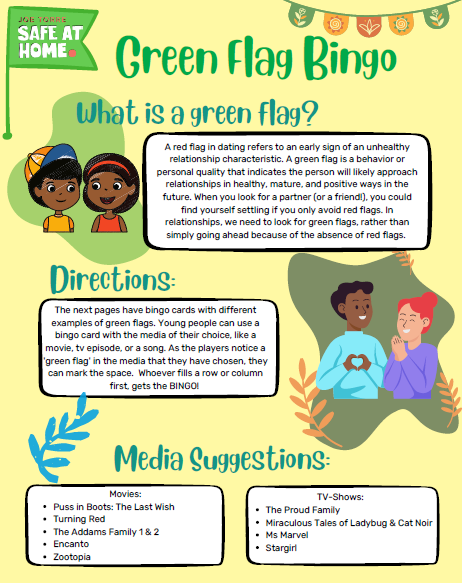 Green Flag Bingo
Green Flag Bingo 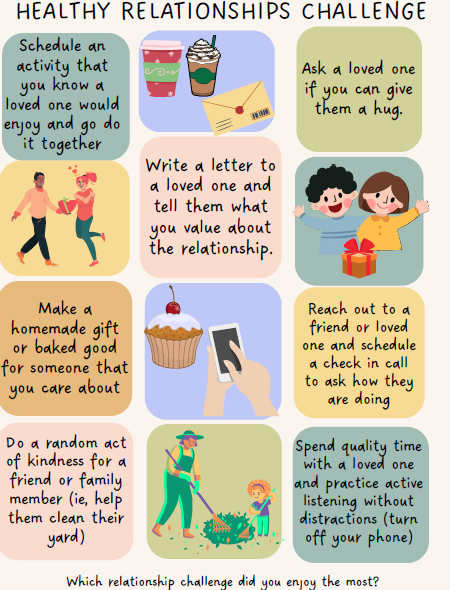 Healthy Relationship Challenge
Healthy Relationship Challenge 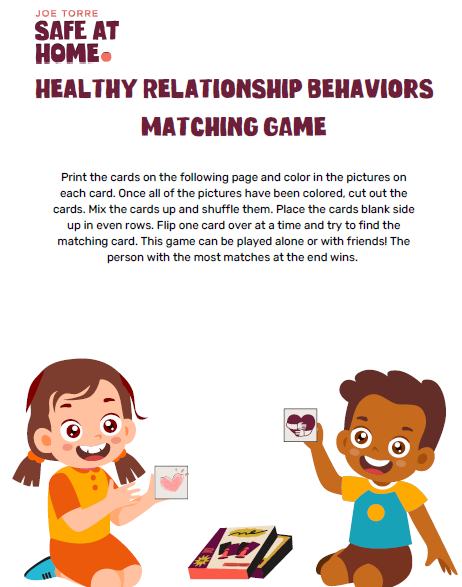 Healthy Relationship Matching Game
Healthy Relationship Matching Game  SAH’s Keywords Word Search
SAH’s Keywords Word Search 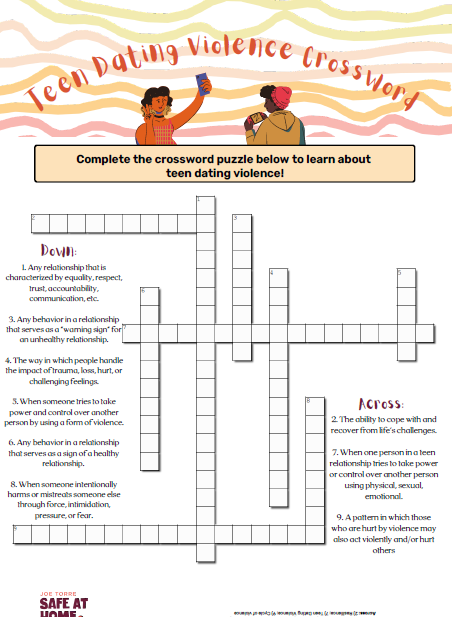 SAH’s TDV Crossword
SAH’s TDV Crossword 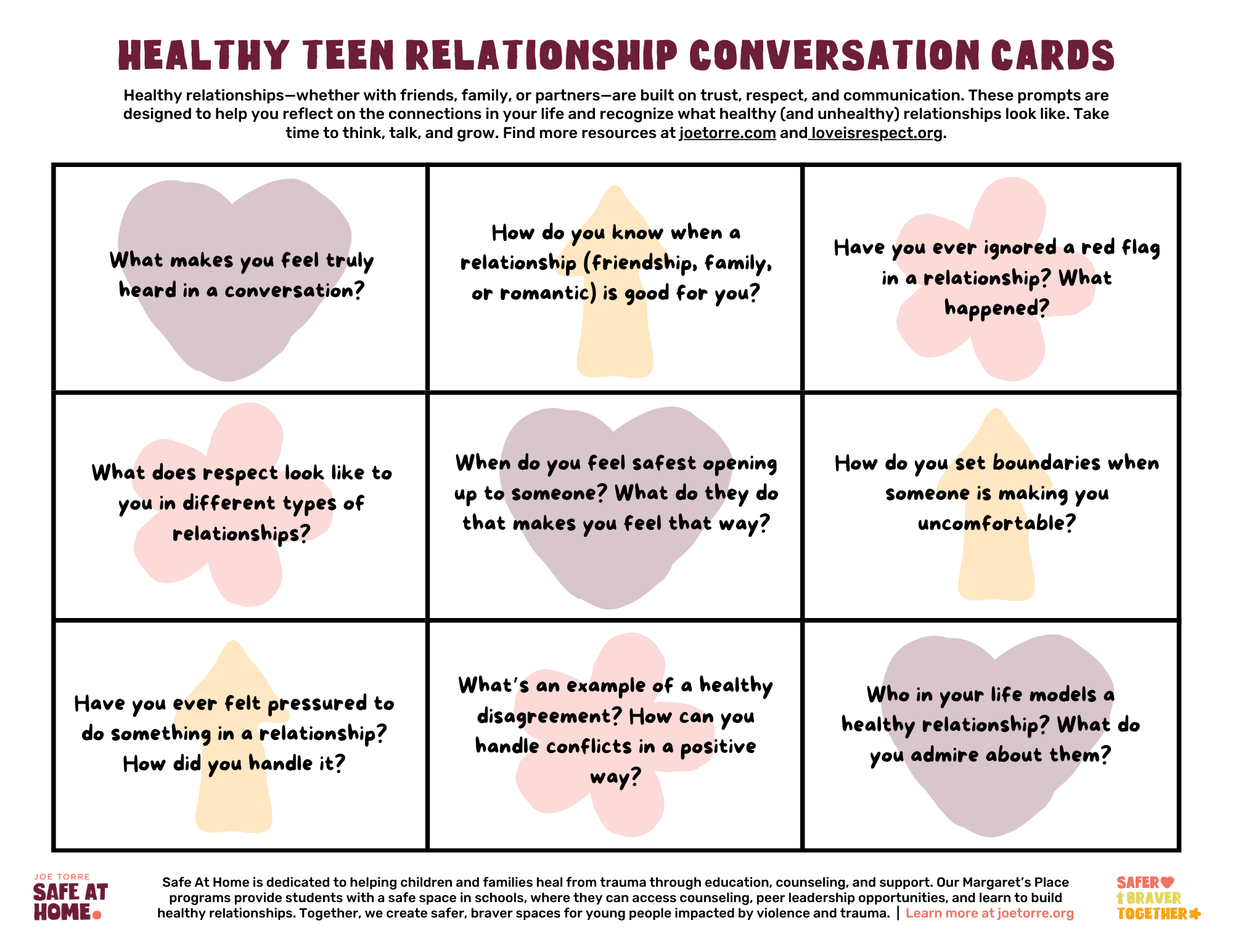 Conversation Cards for Healthy Teen Relationships
Conversation Cards for Healthy Teen Relationships 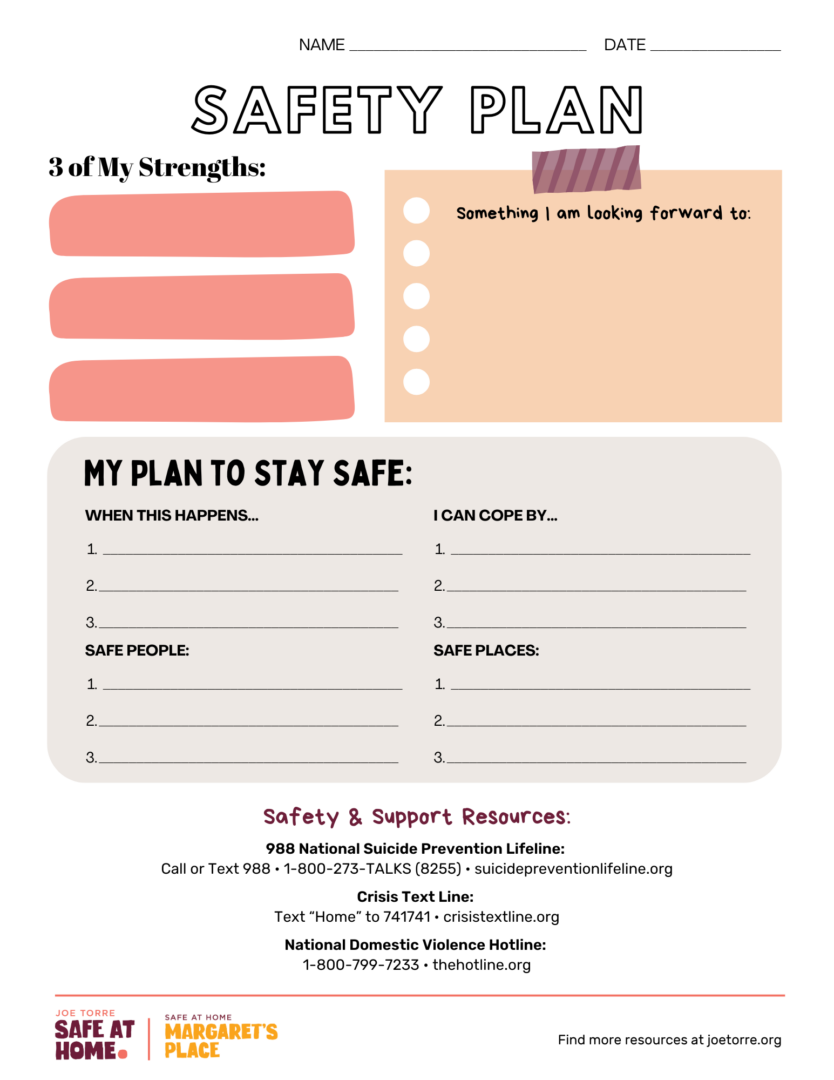 Safety Planning / Self-Care Worksheet (English)
Safety Planning / Self-Care Worksheet (English) 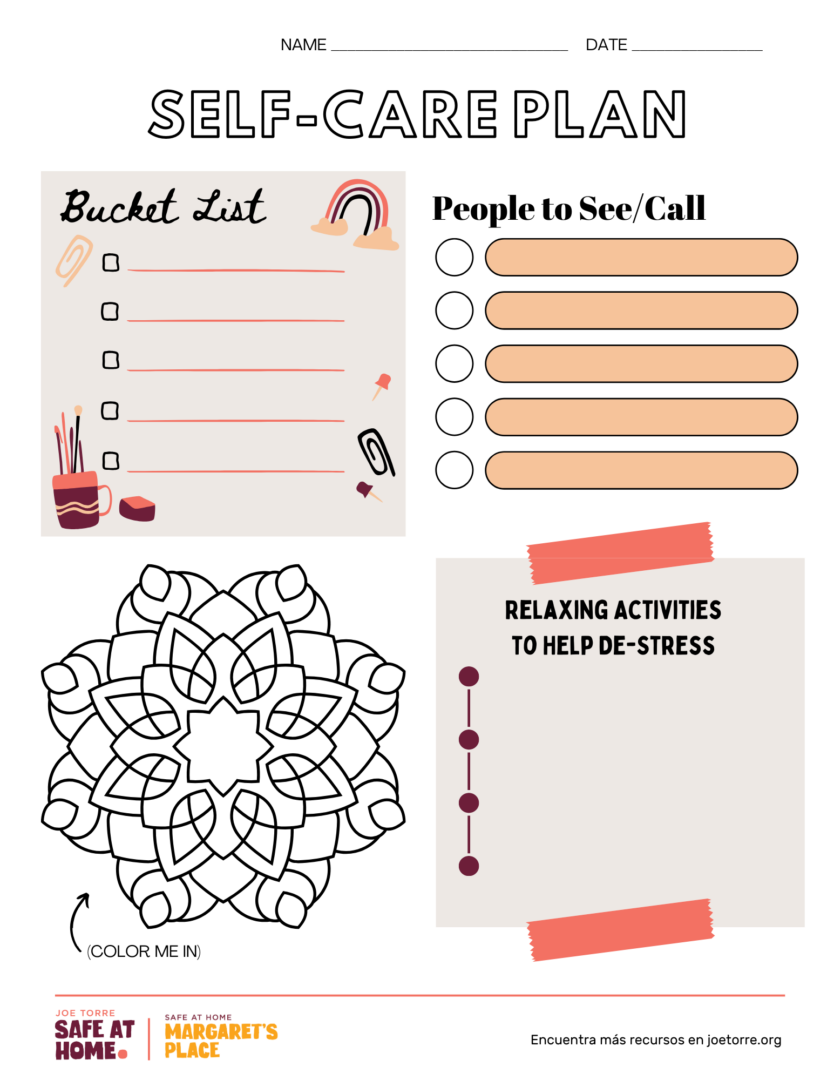 Hoja de Trabajo para Plan de Seguridad / Autocuidado (Español)
Hoja de Trabajo para Plan de Seguridad / Autocuidado (Español) 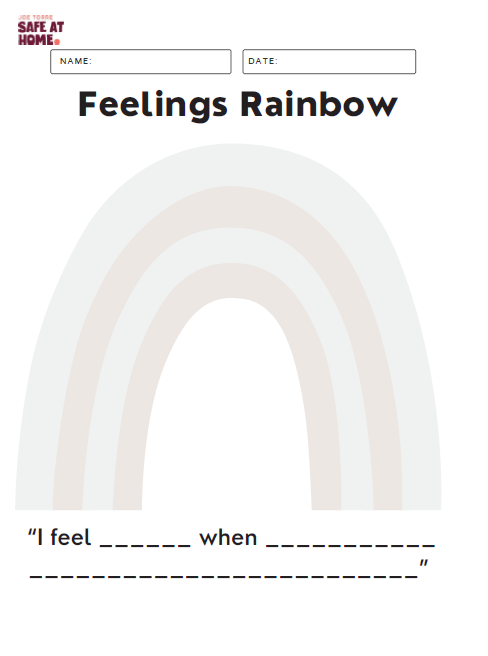
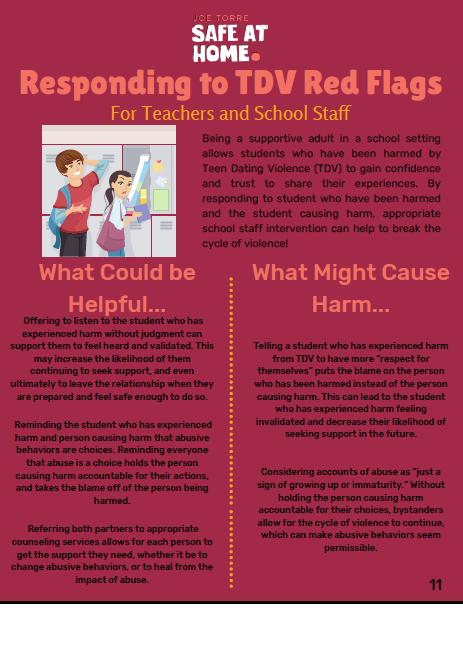 Responding to Red Flags
Responding to Red Flags 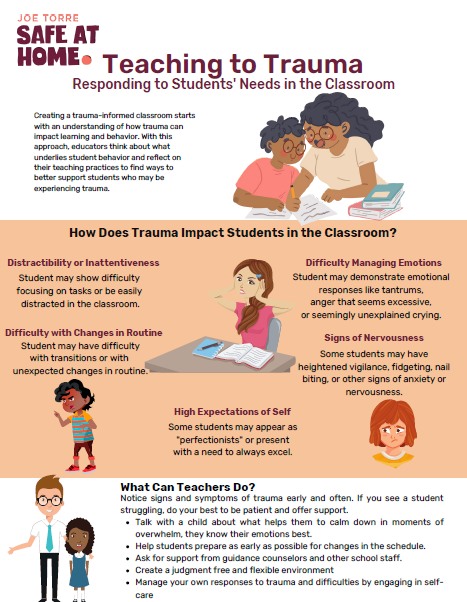 Teaching to Trauma
Teaching to Trauma